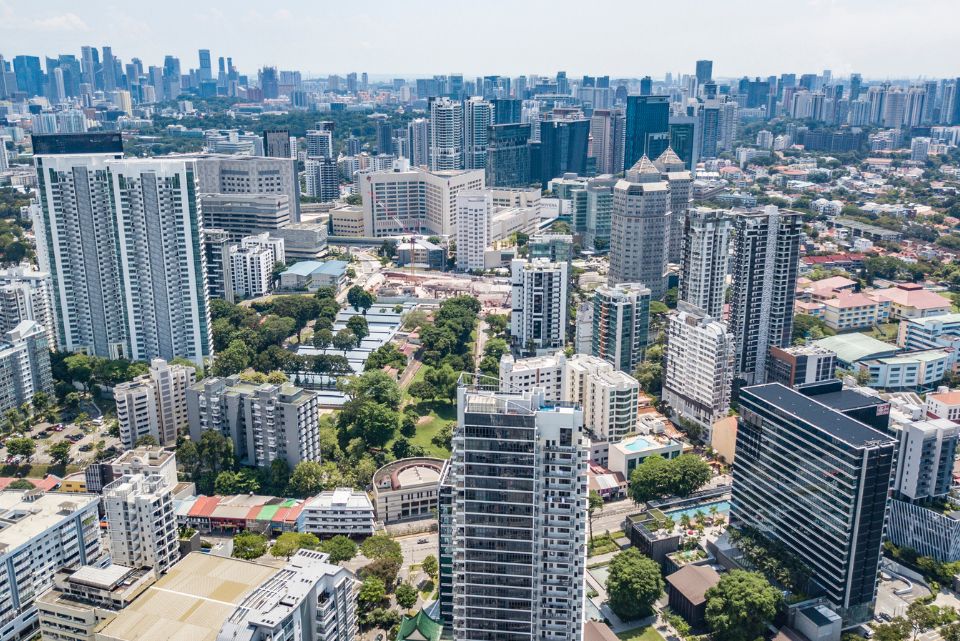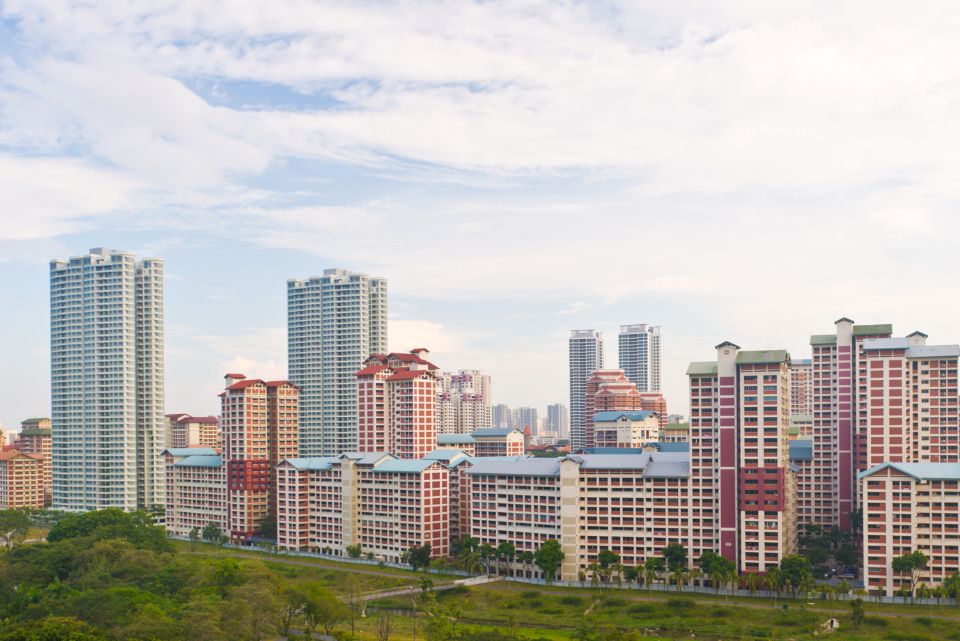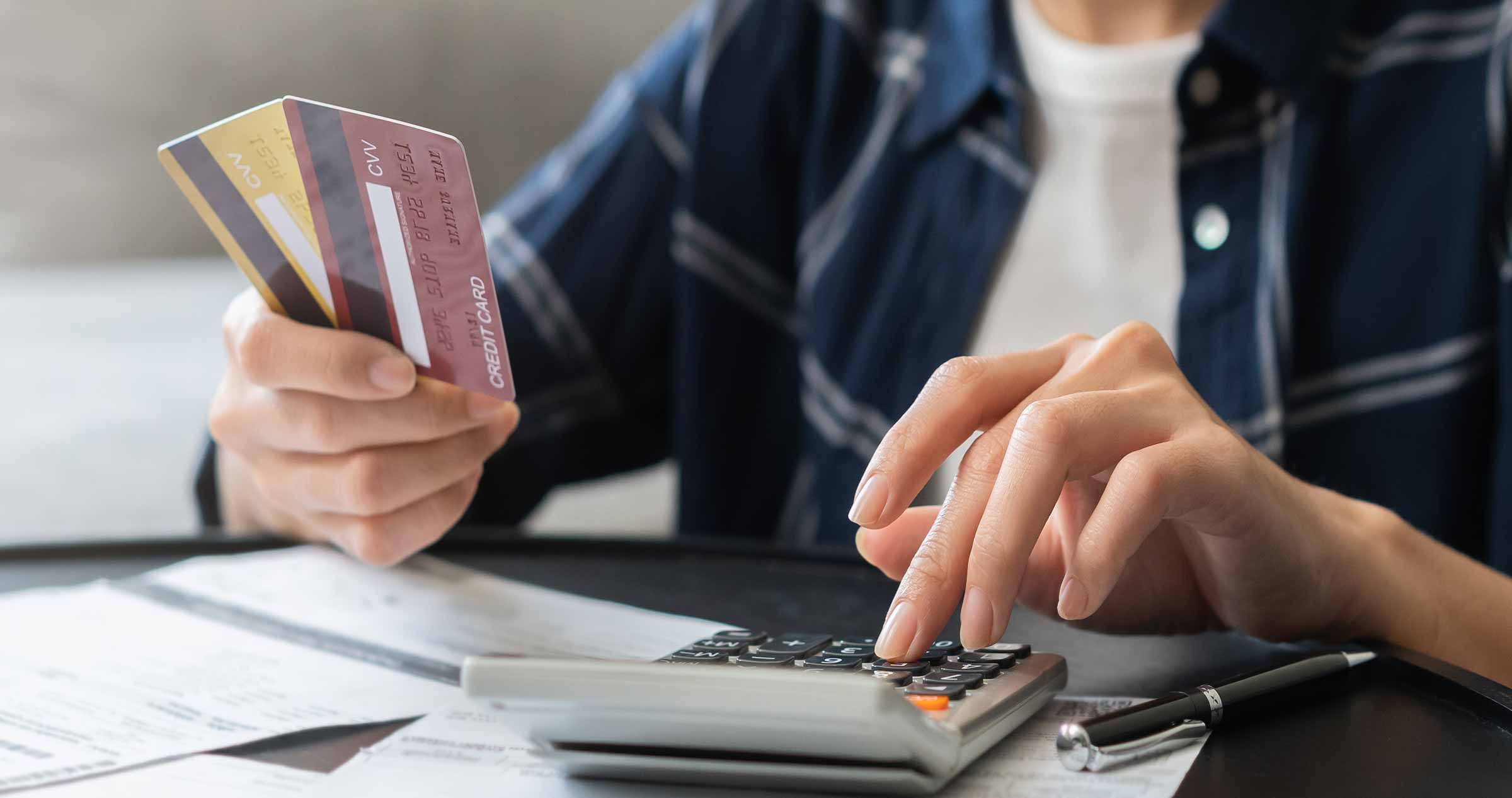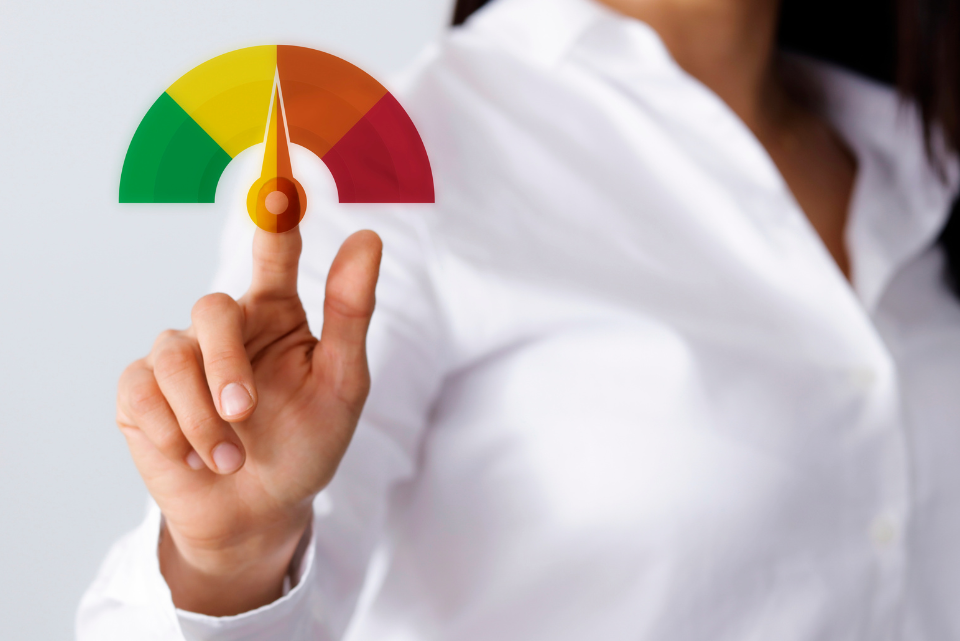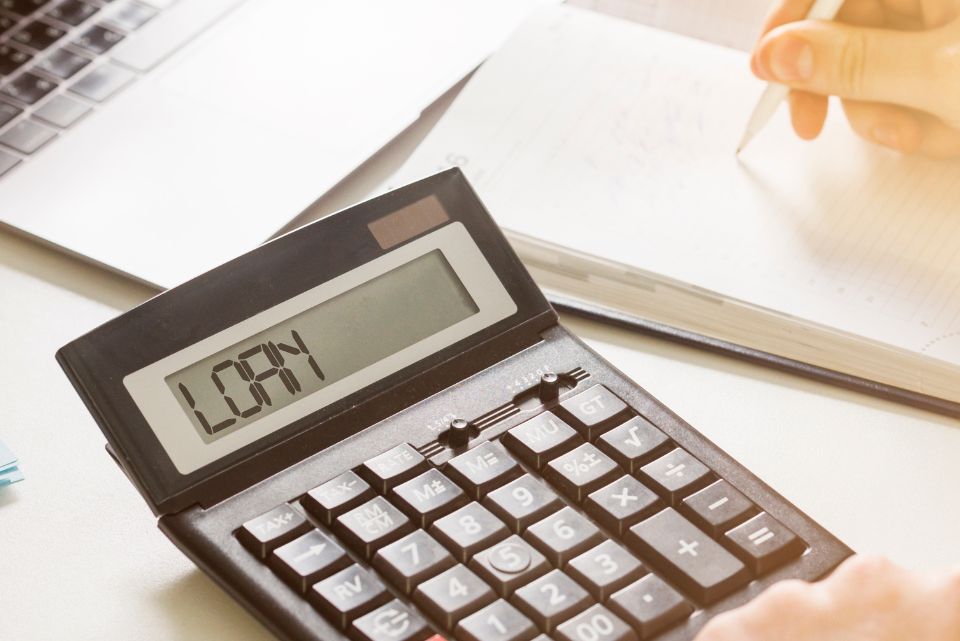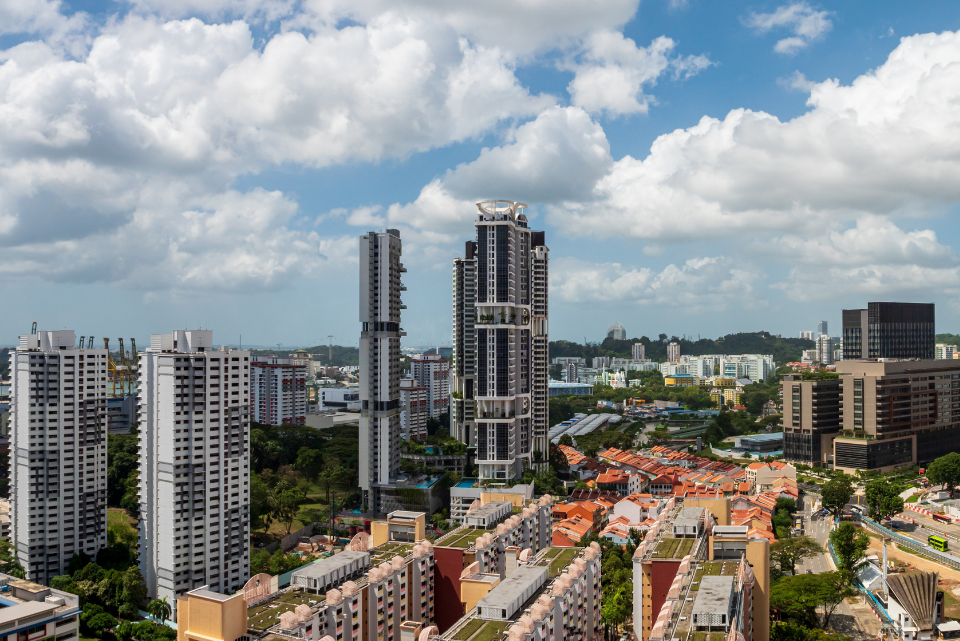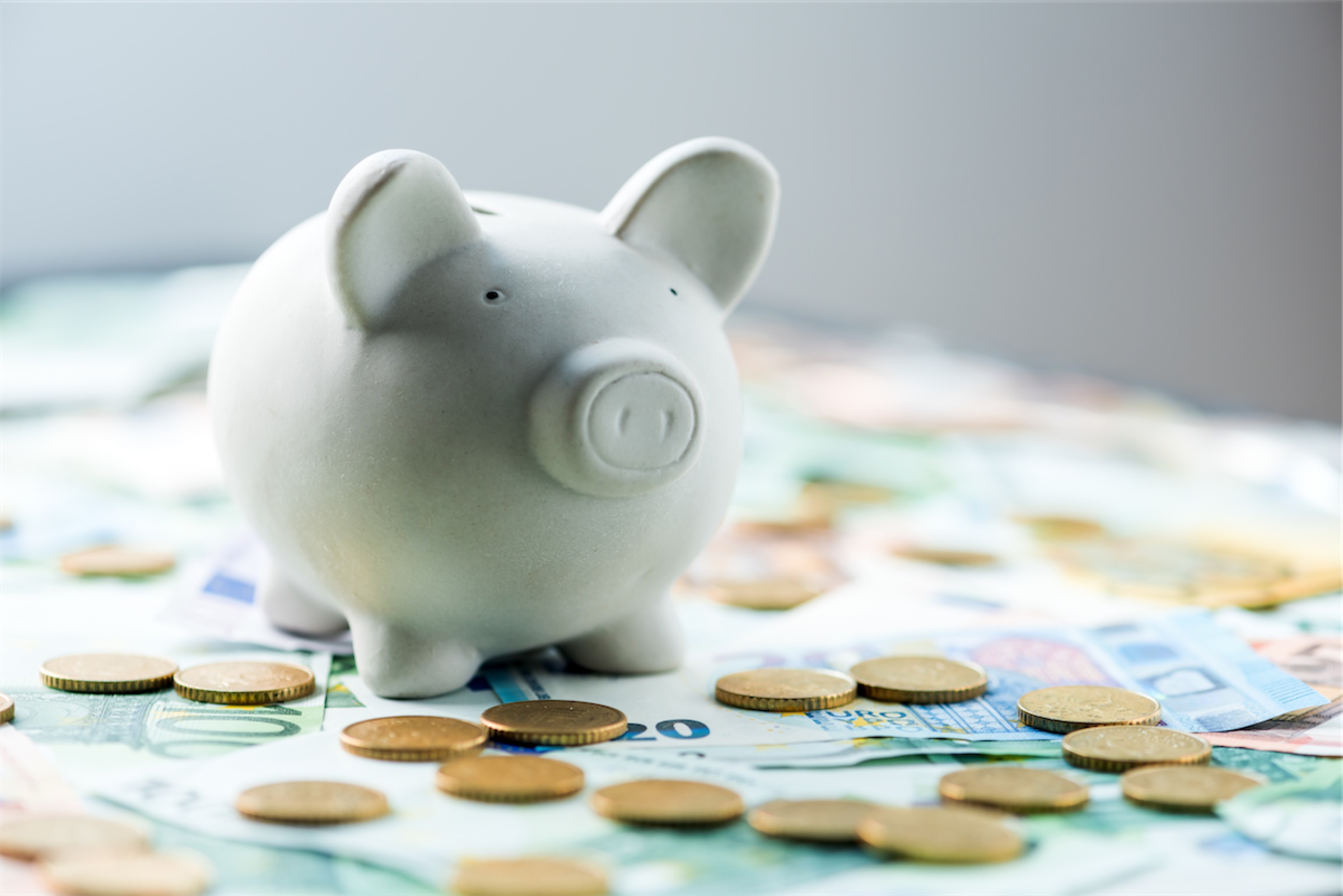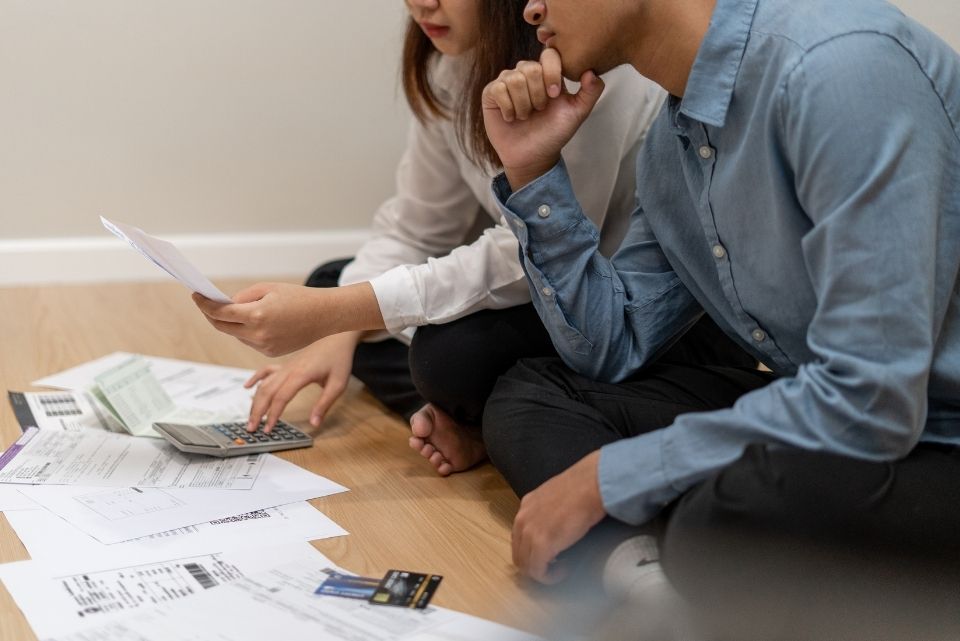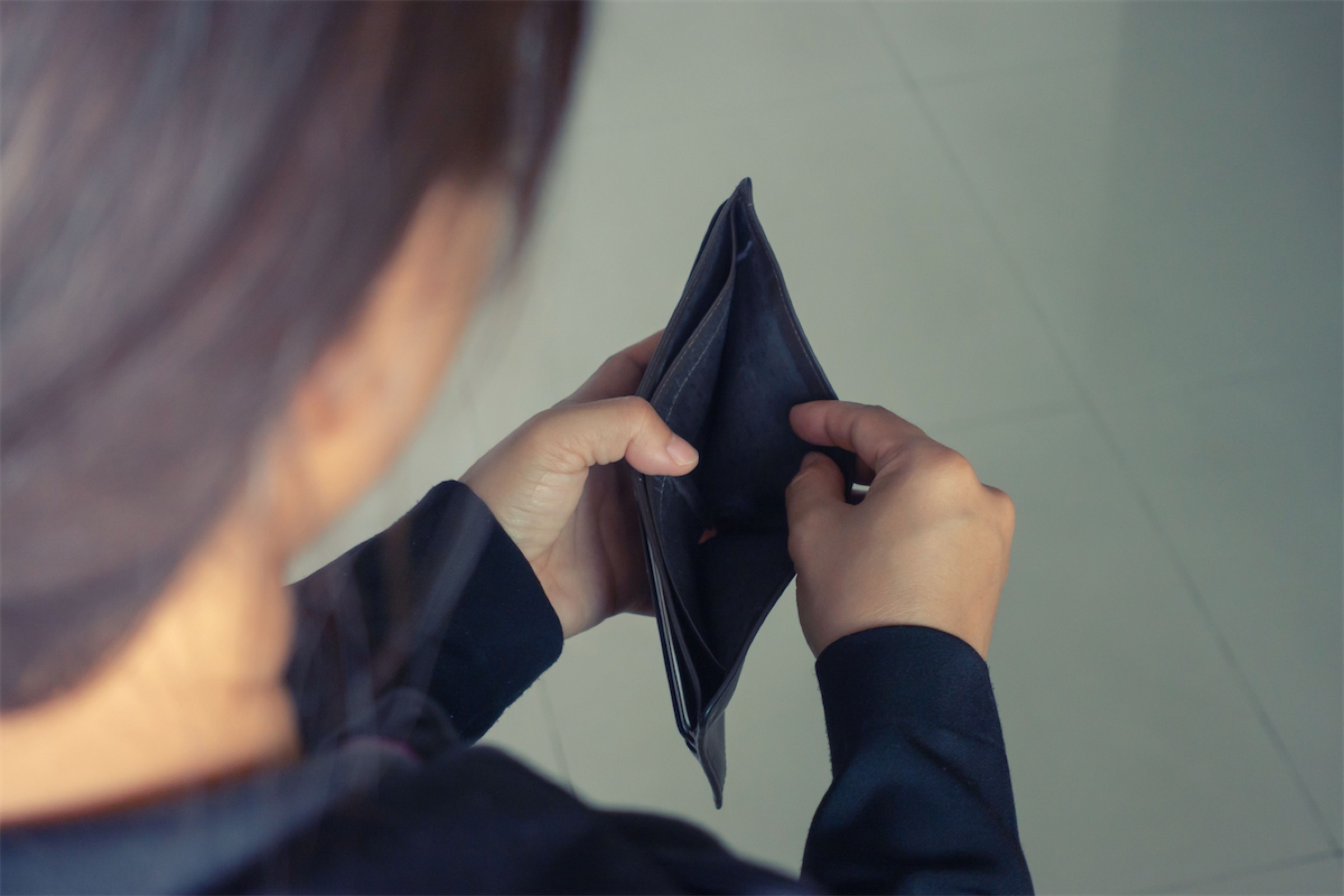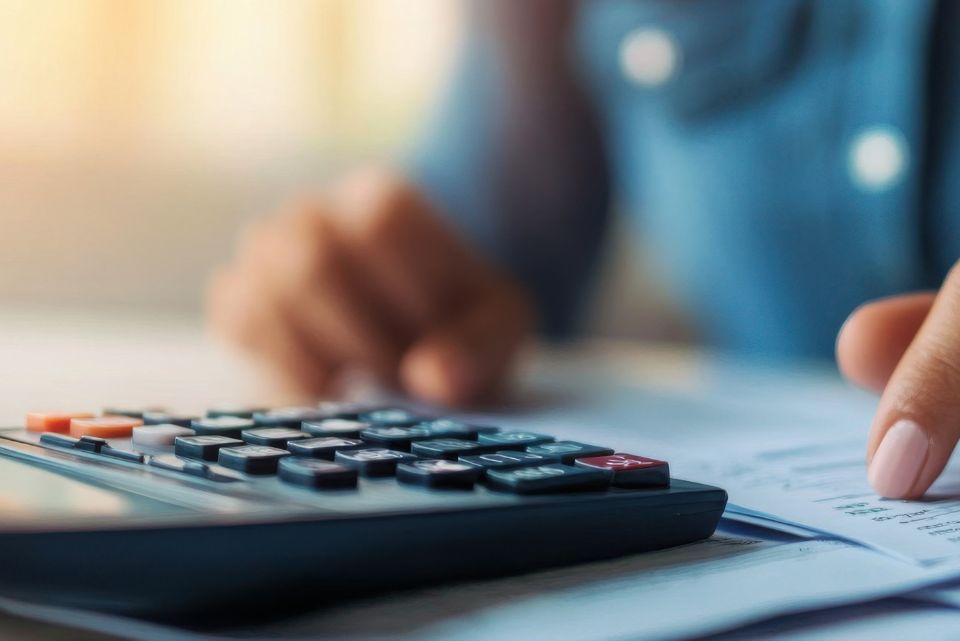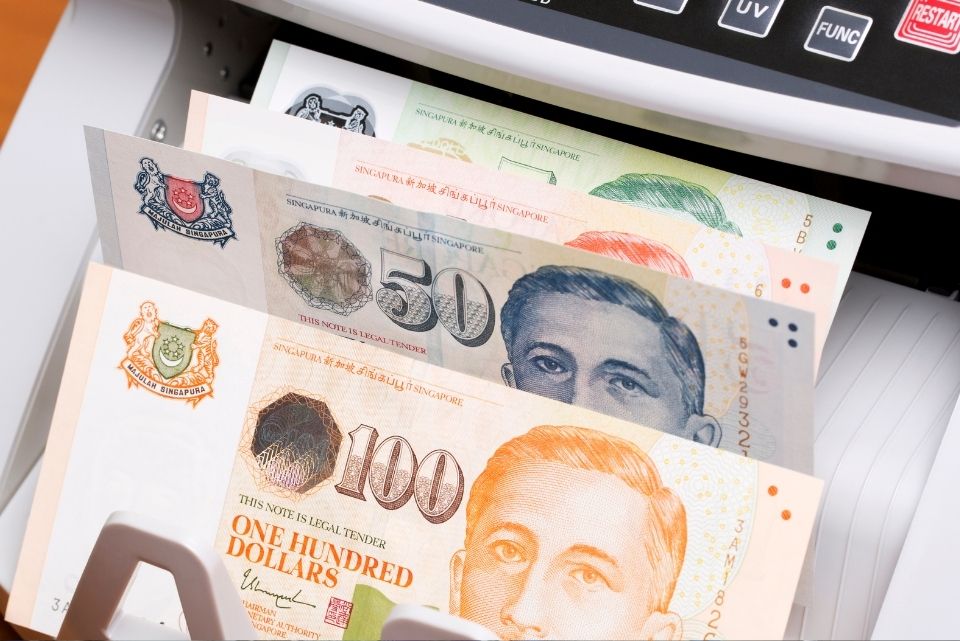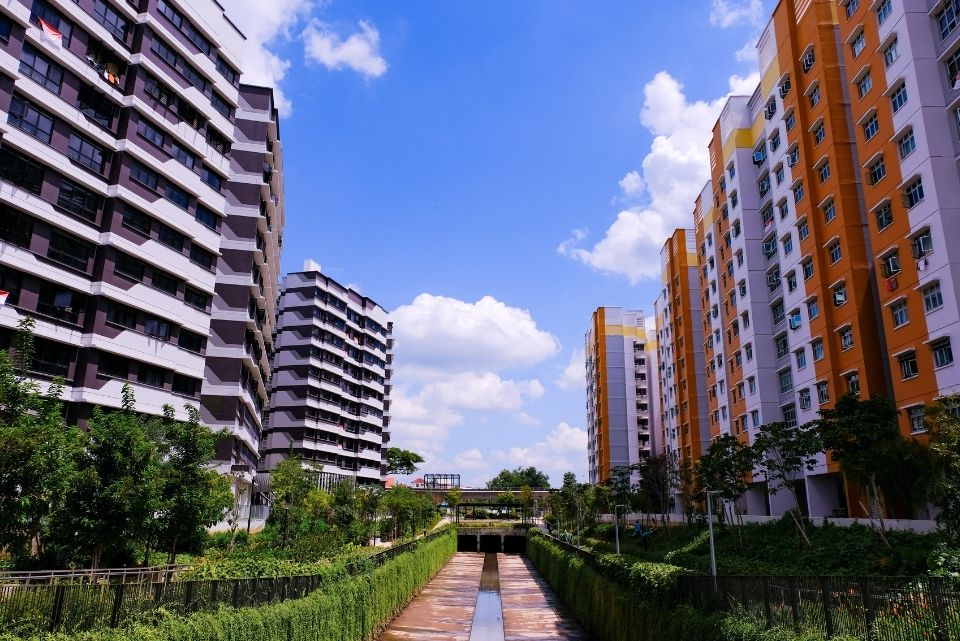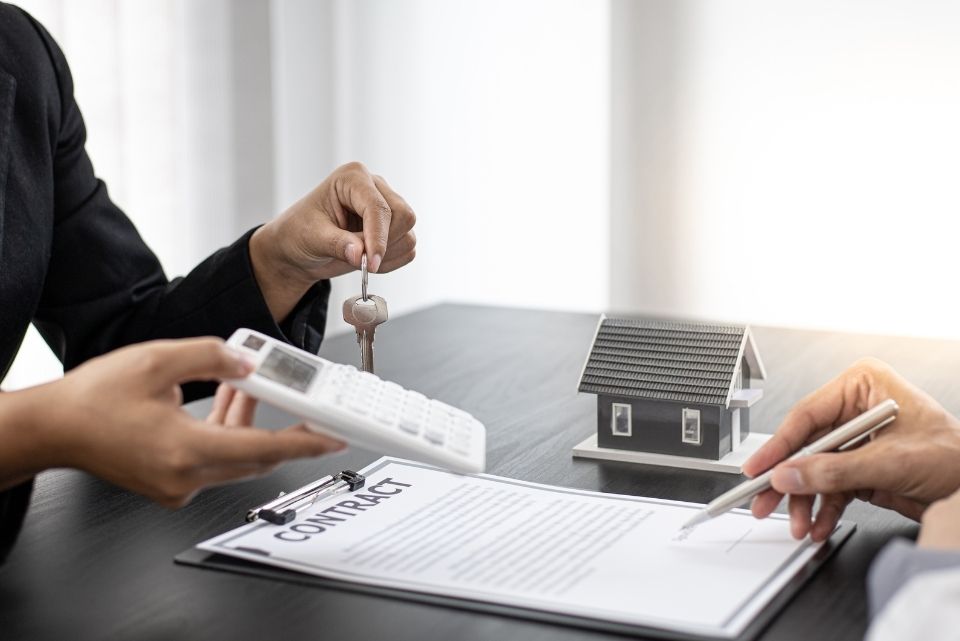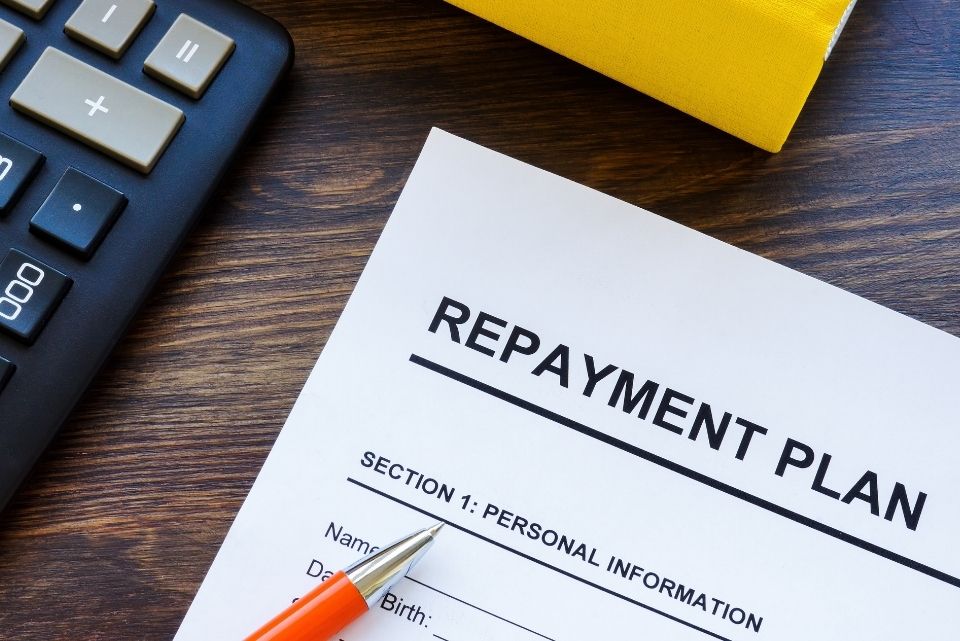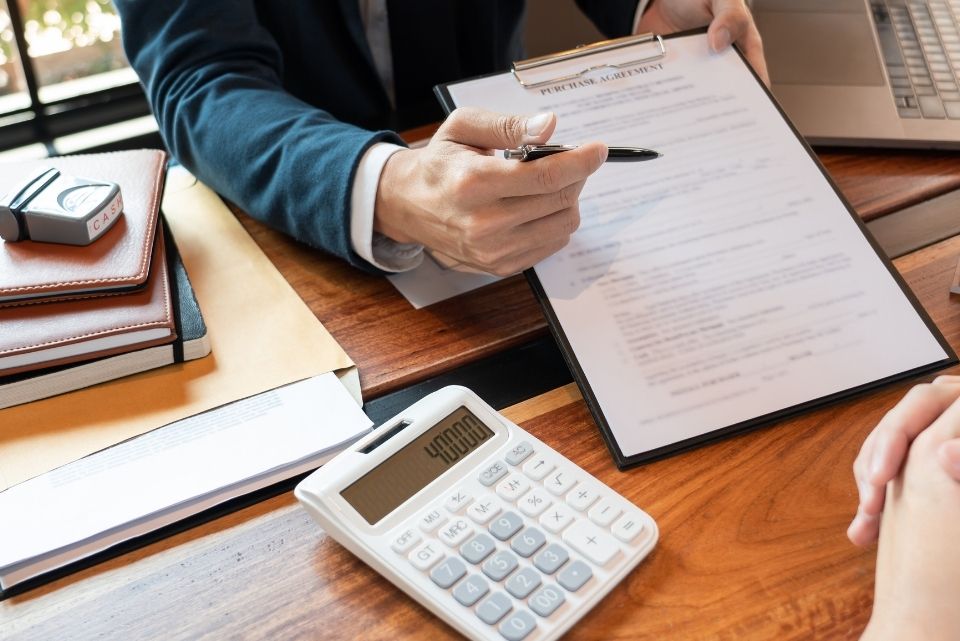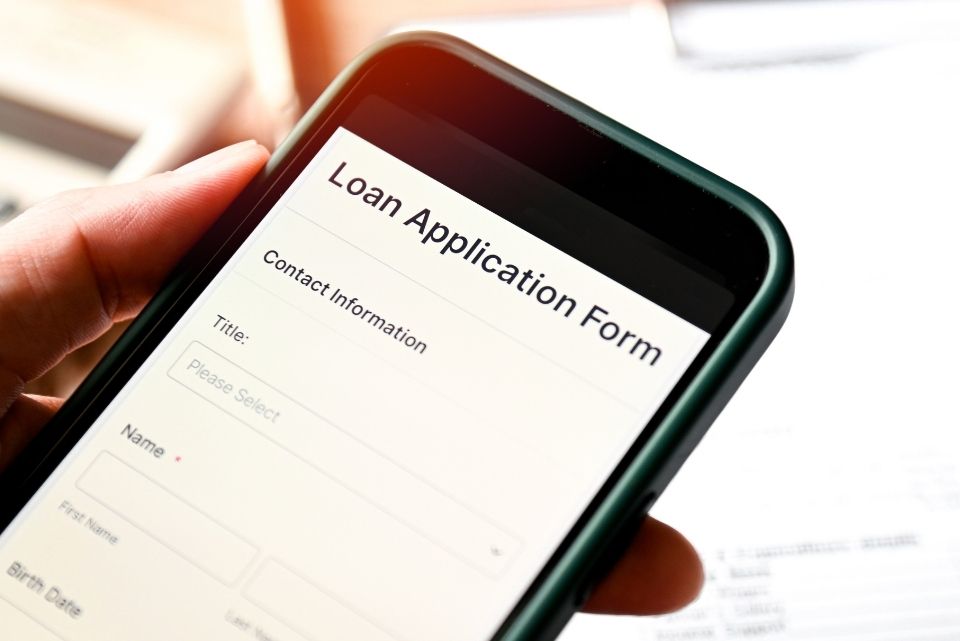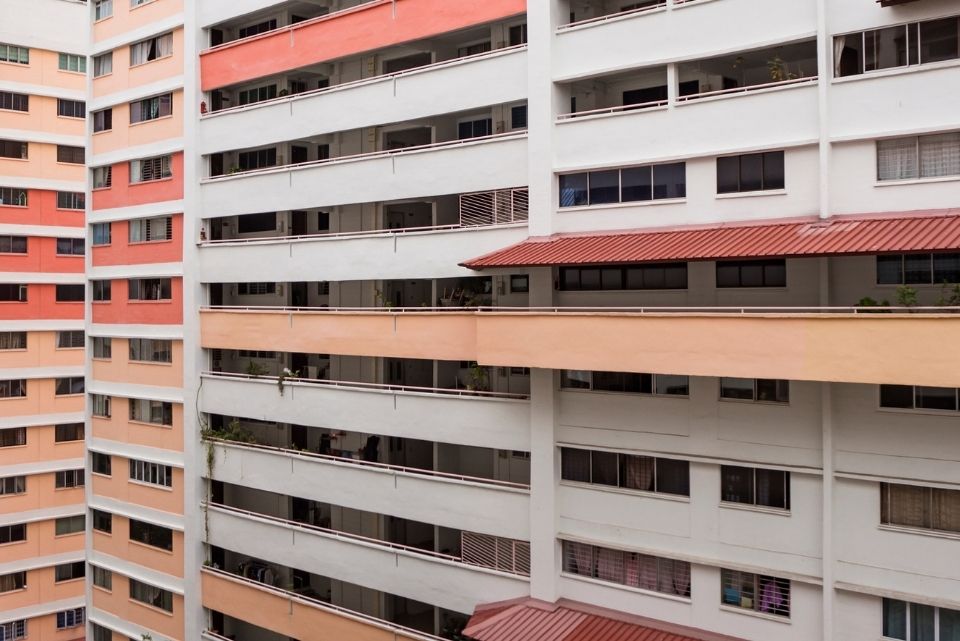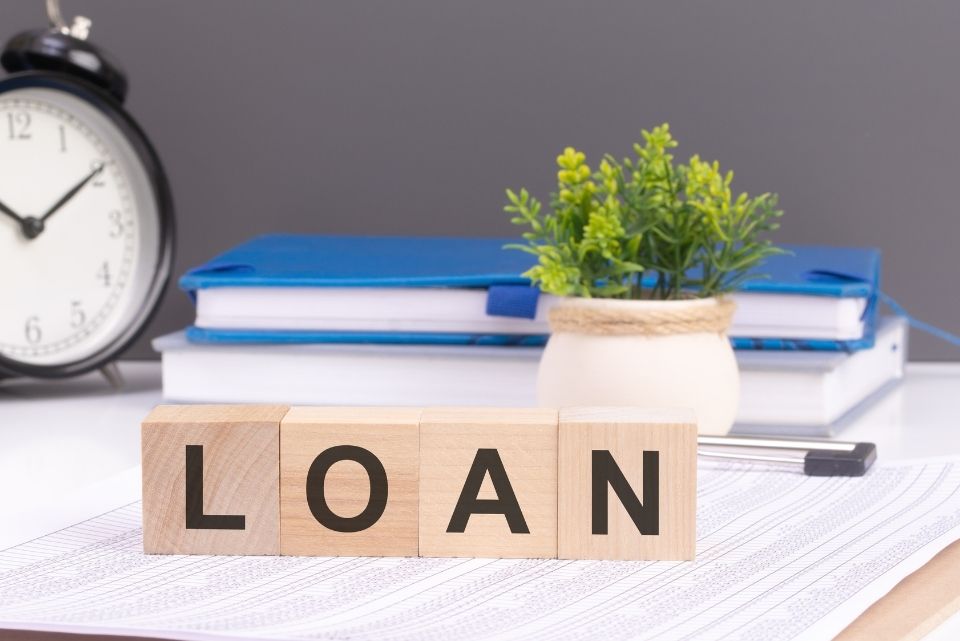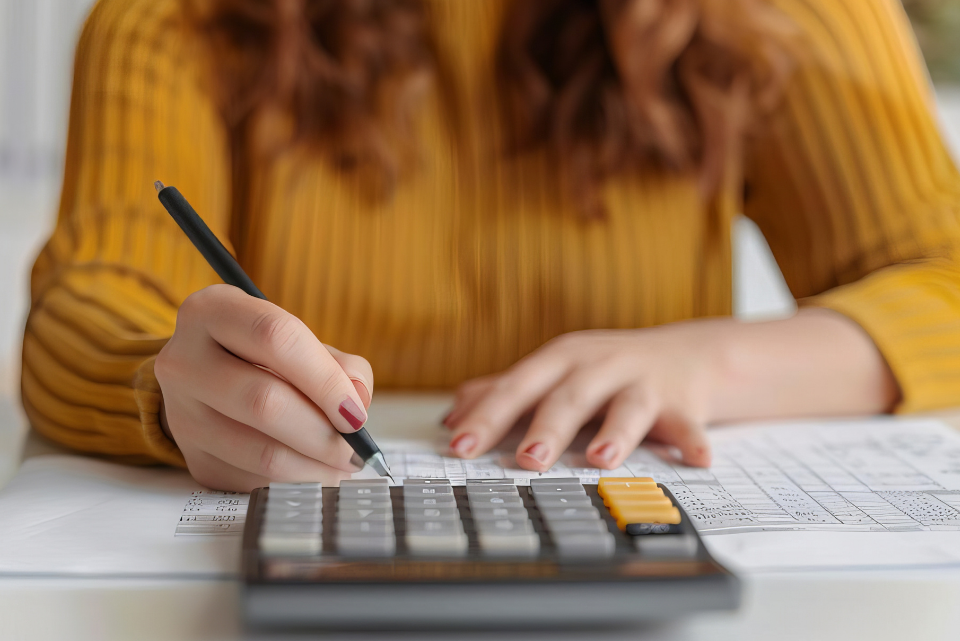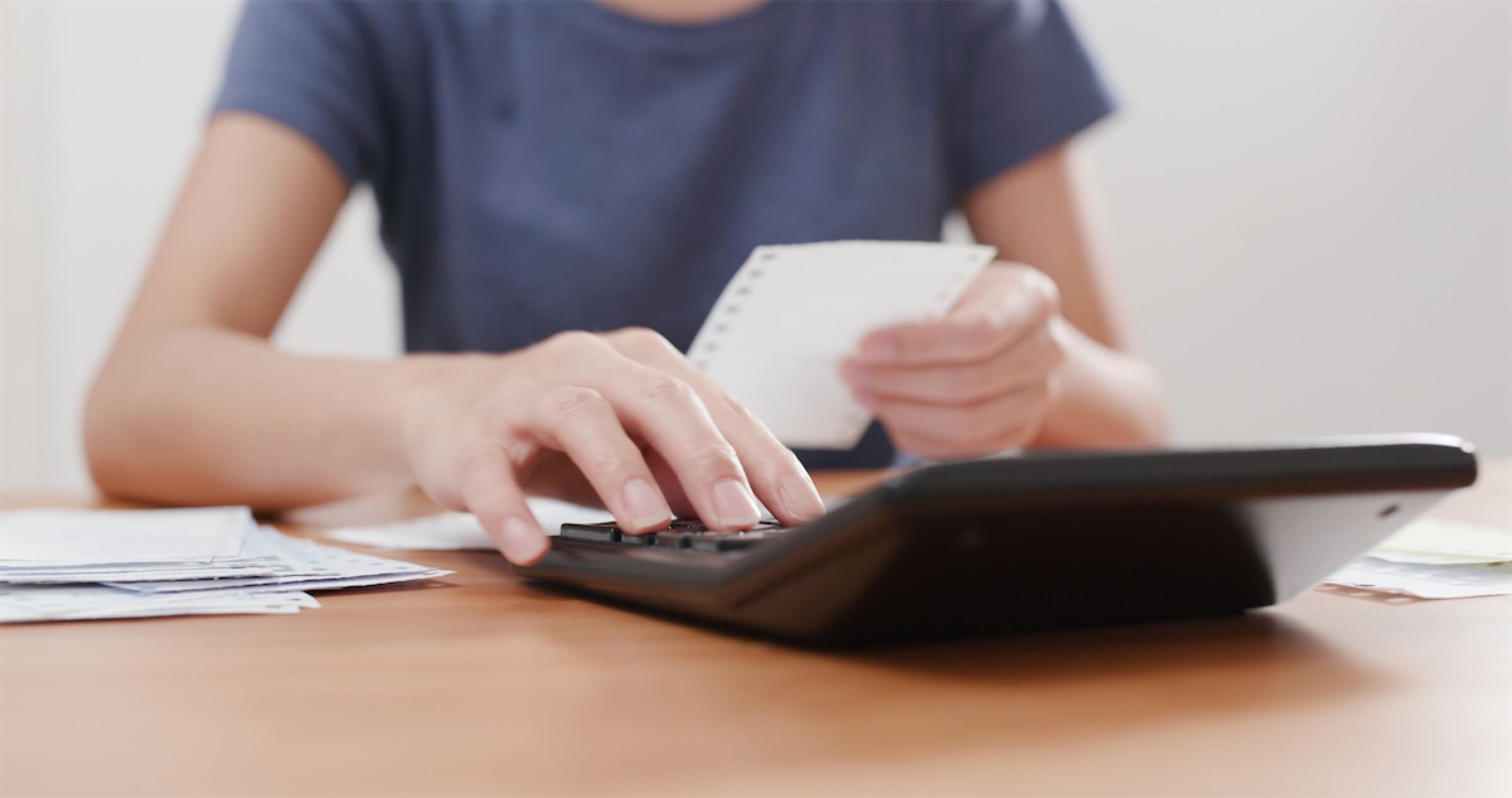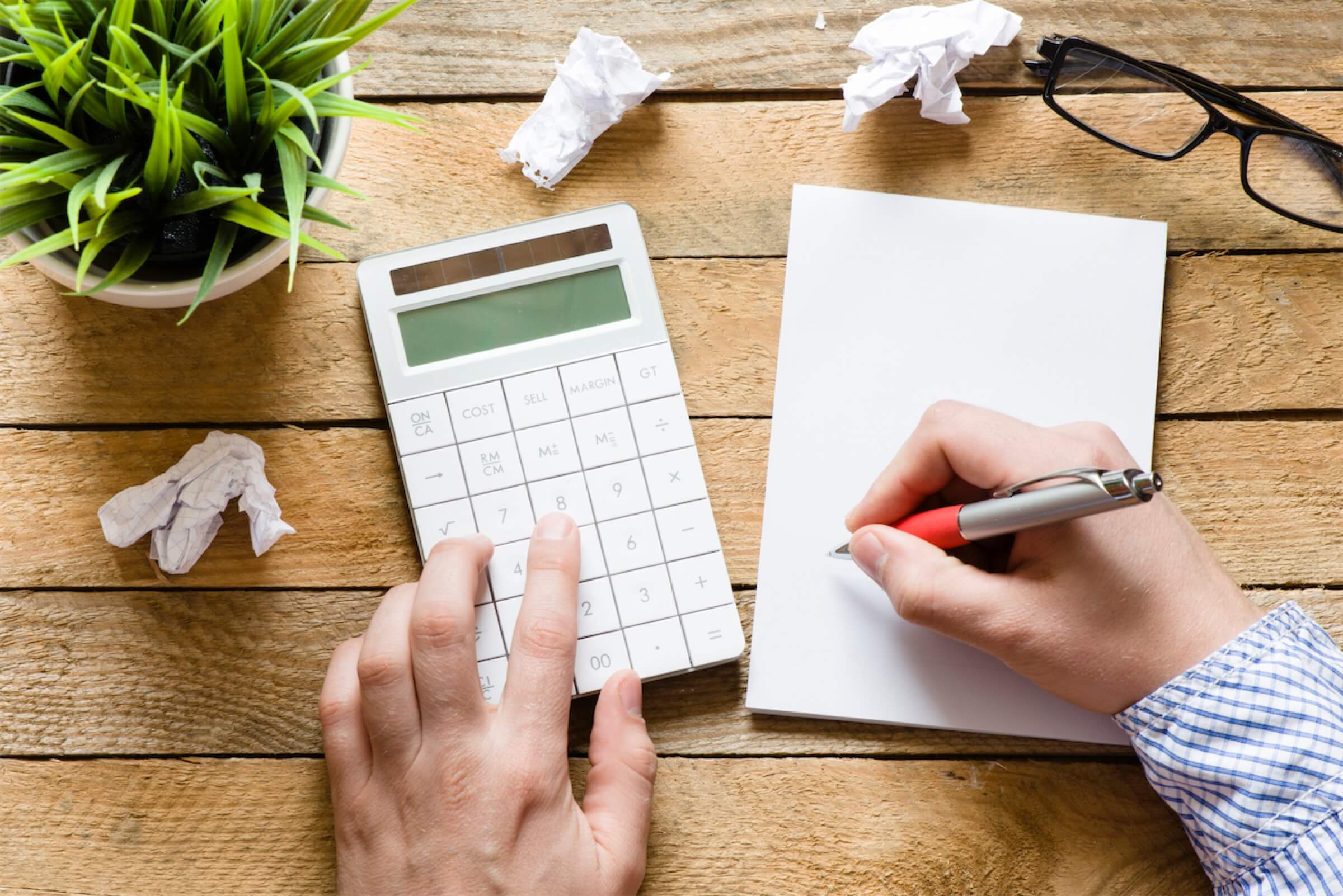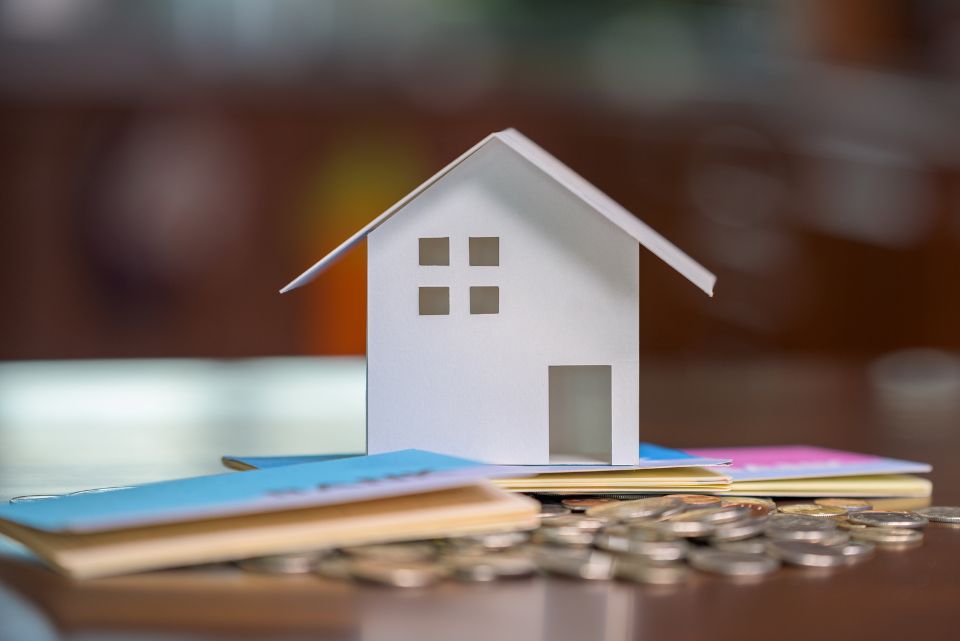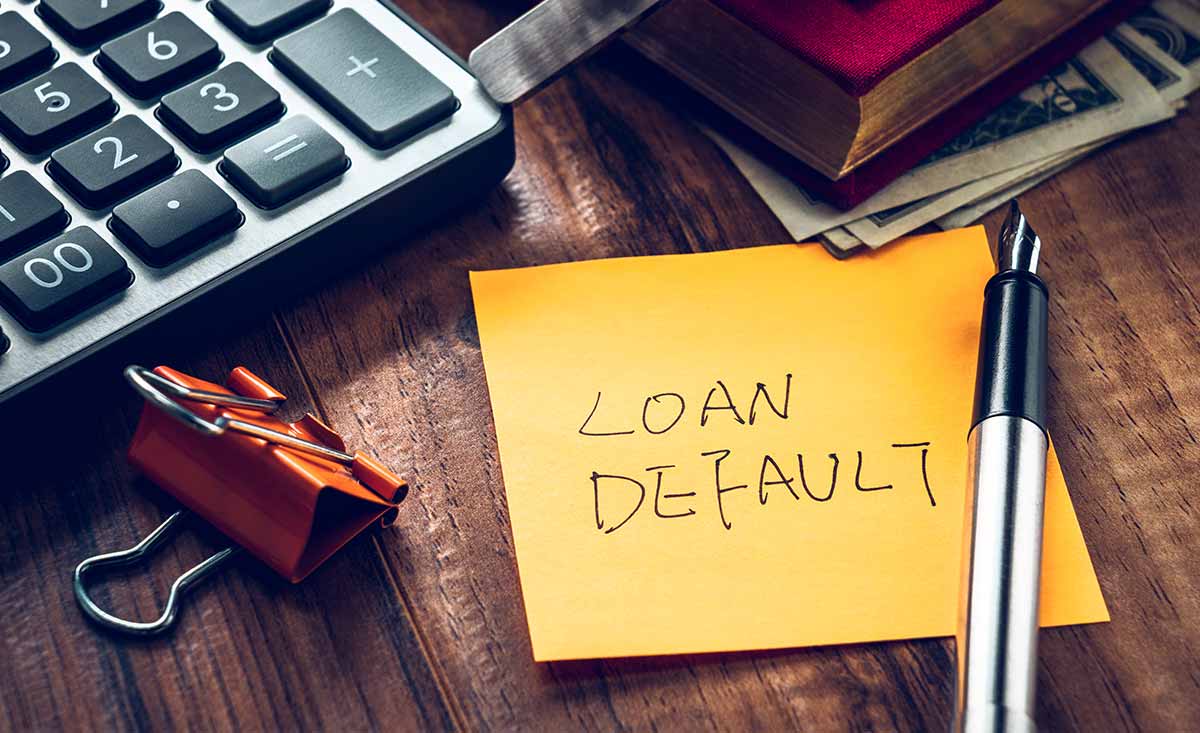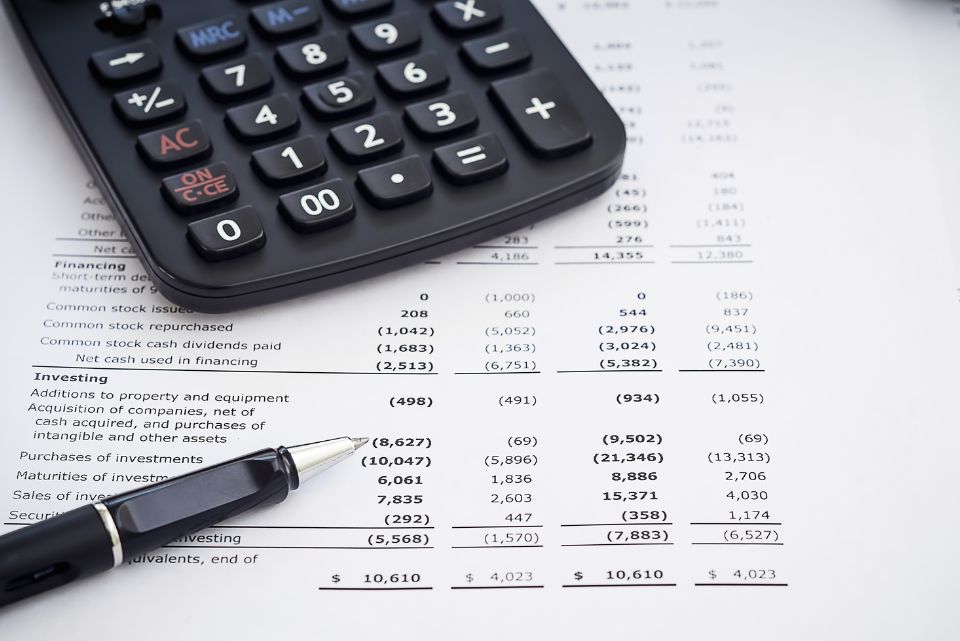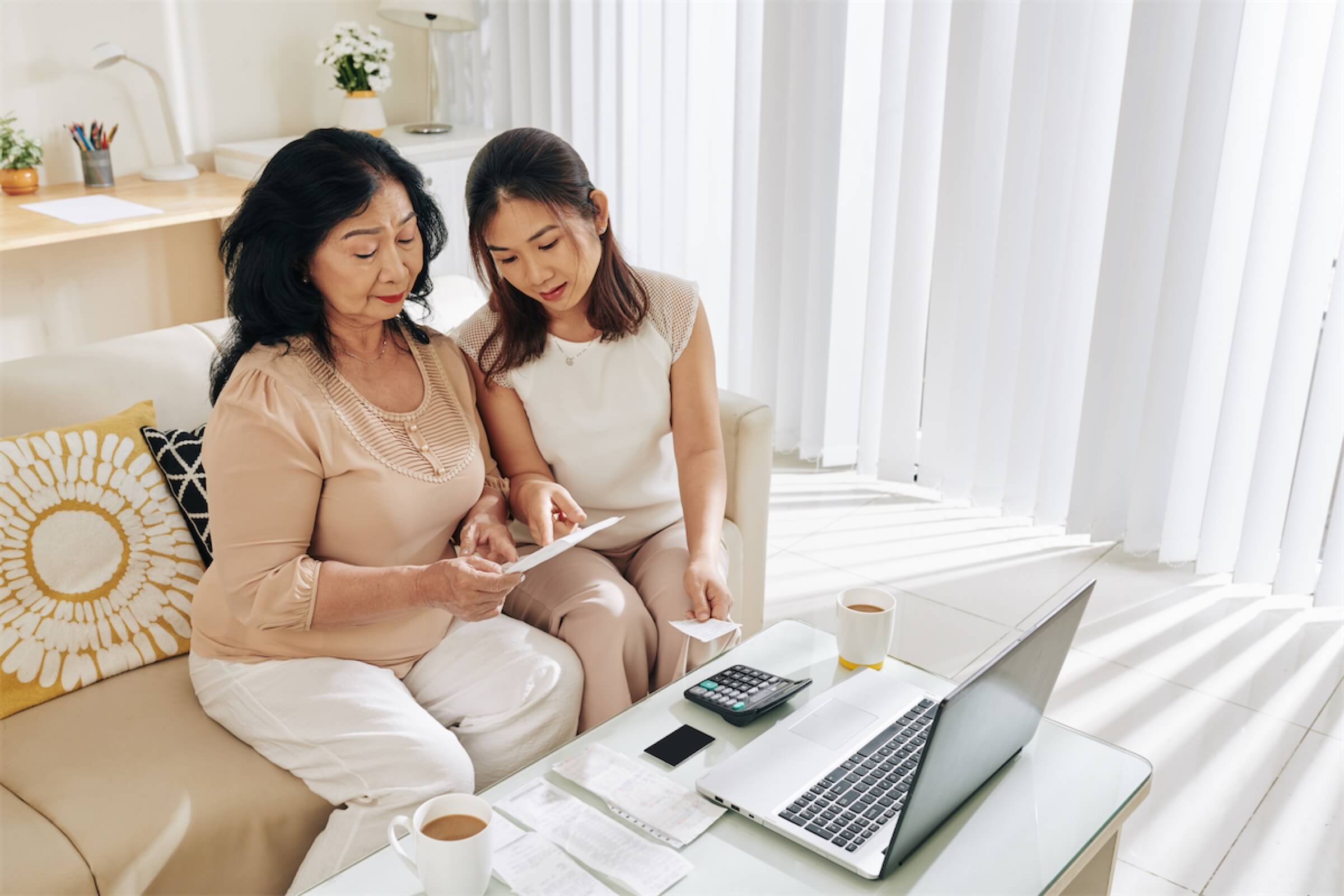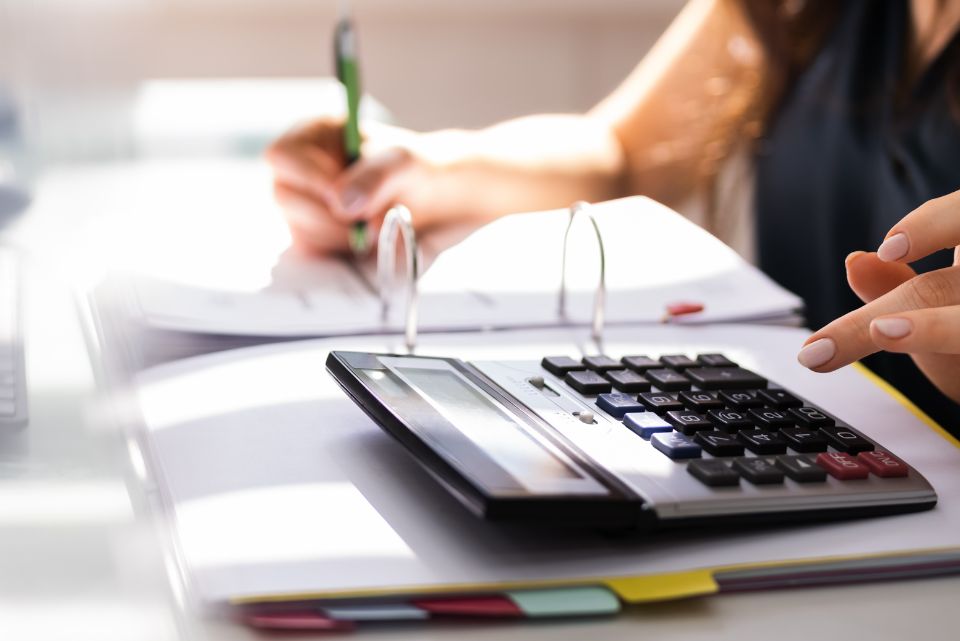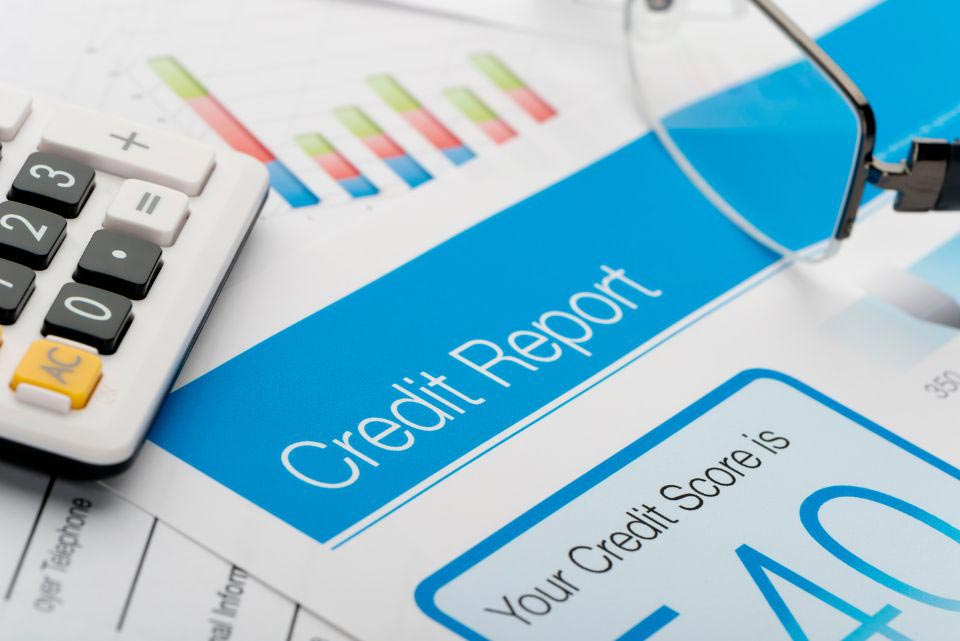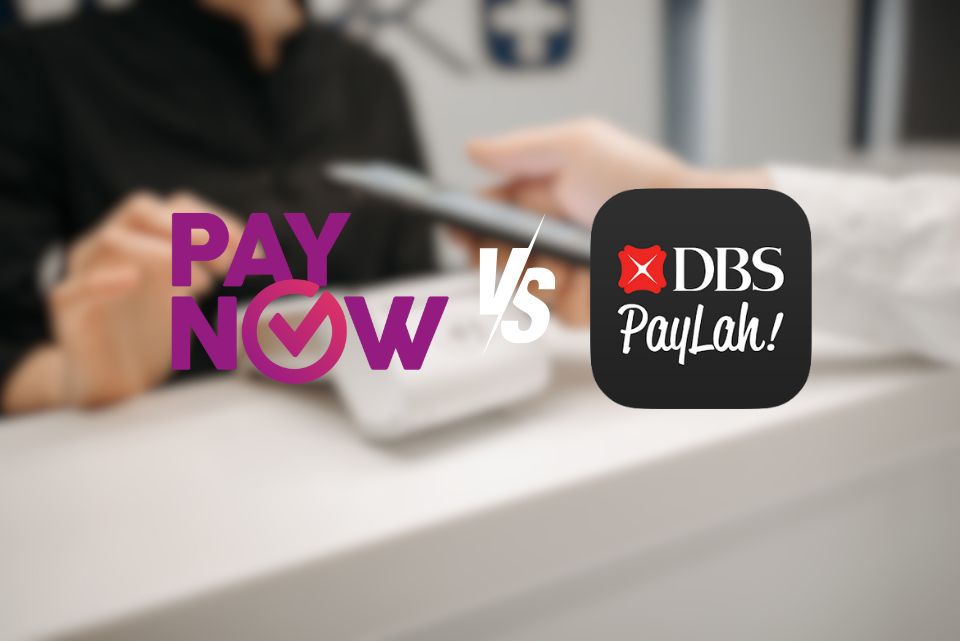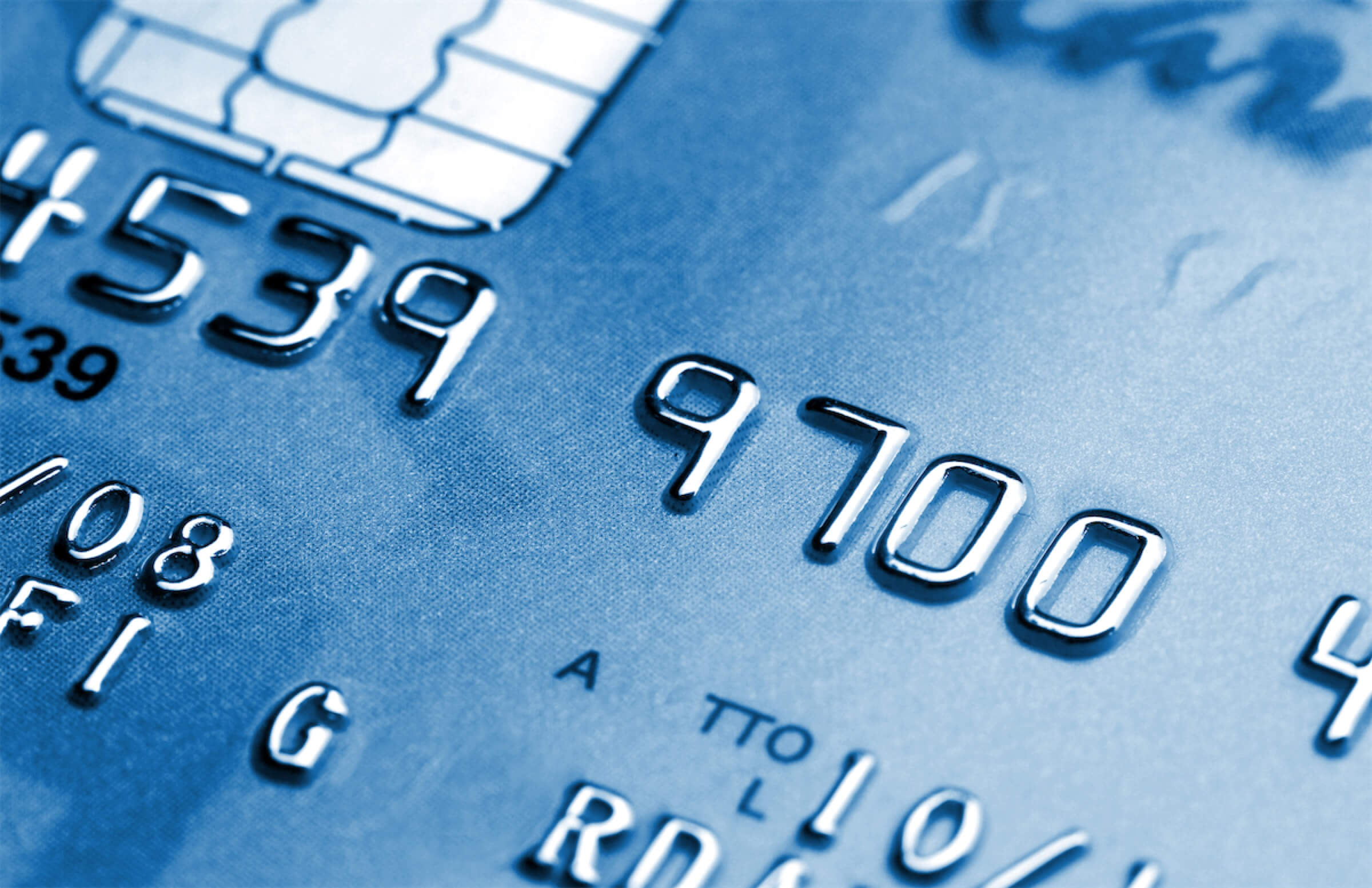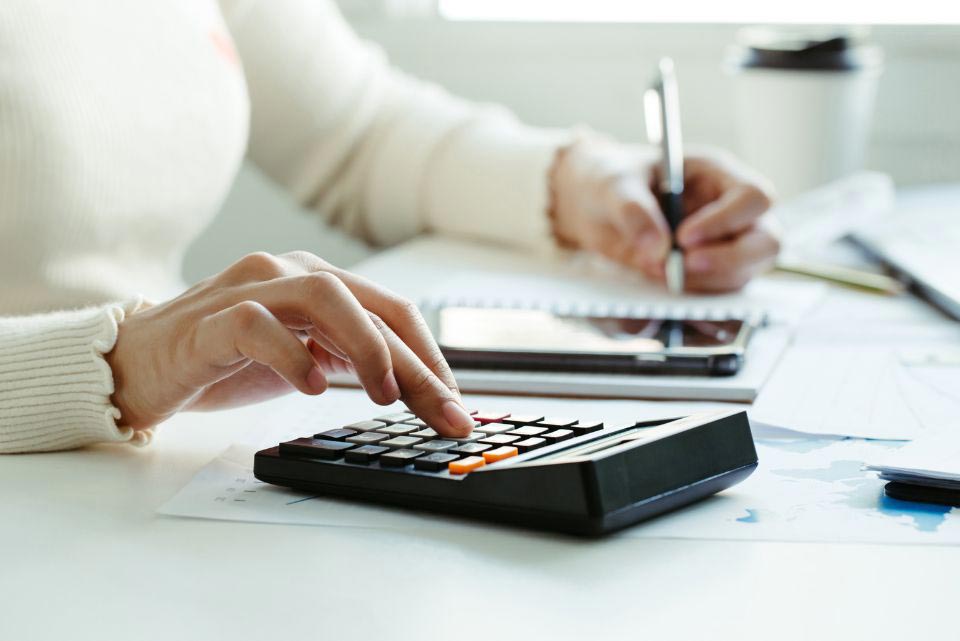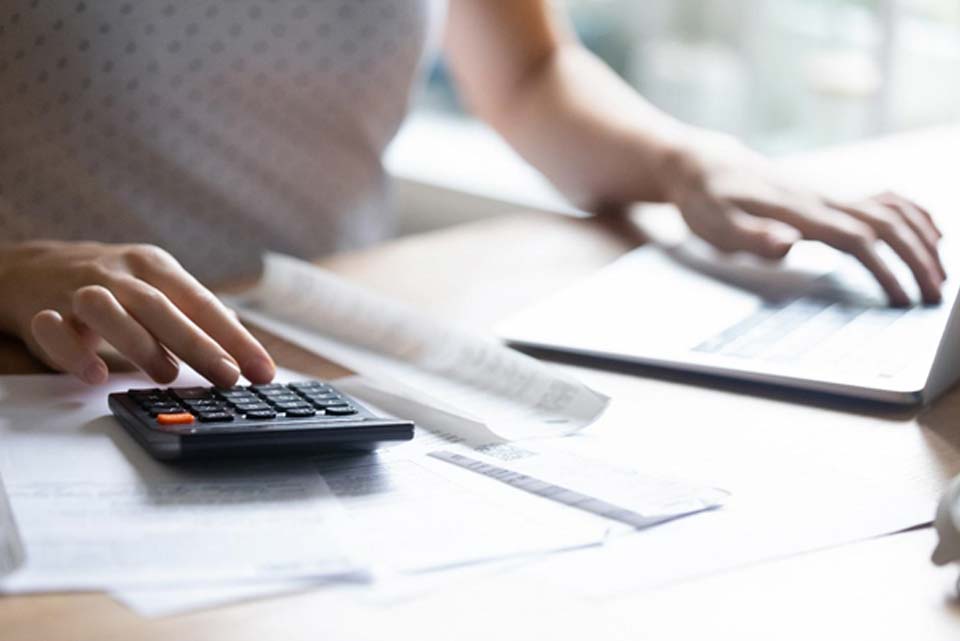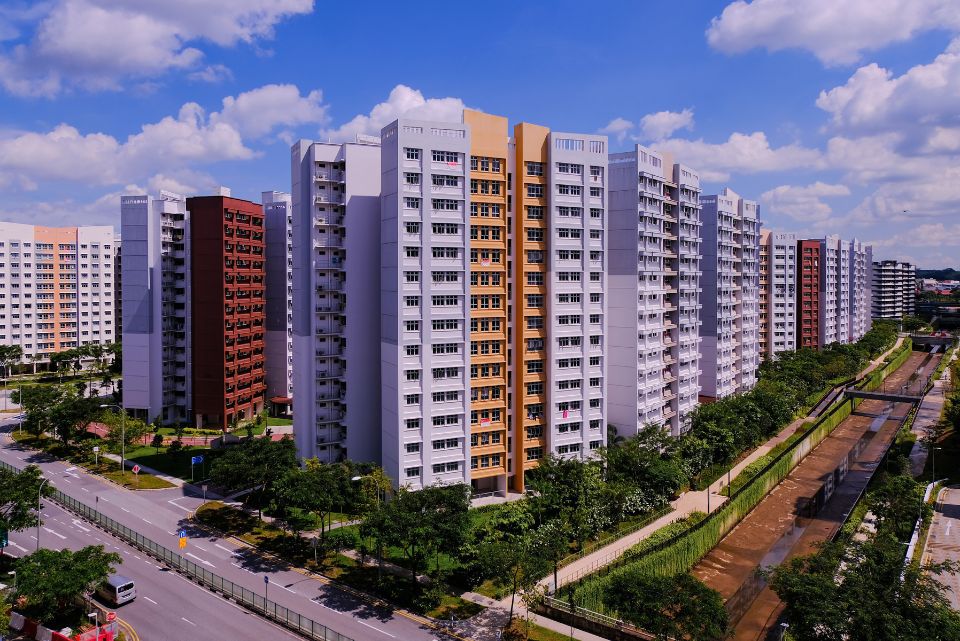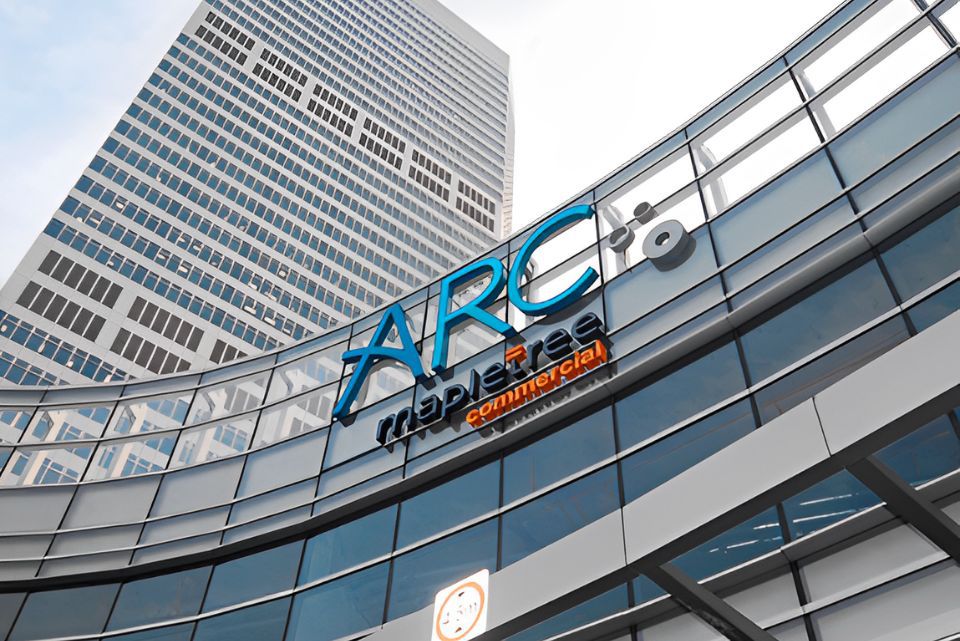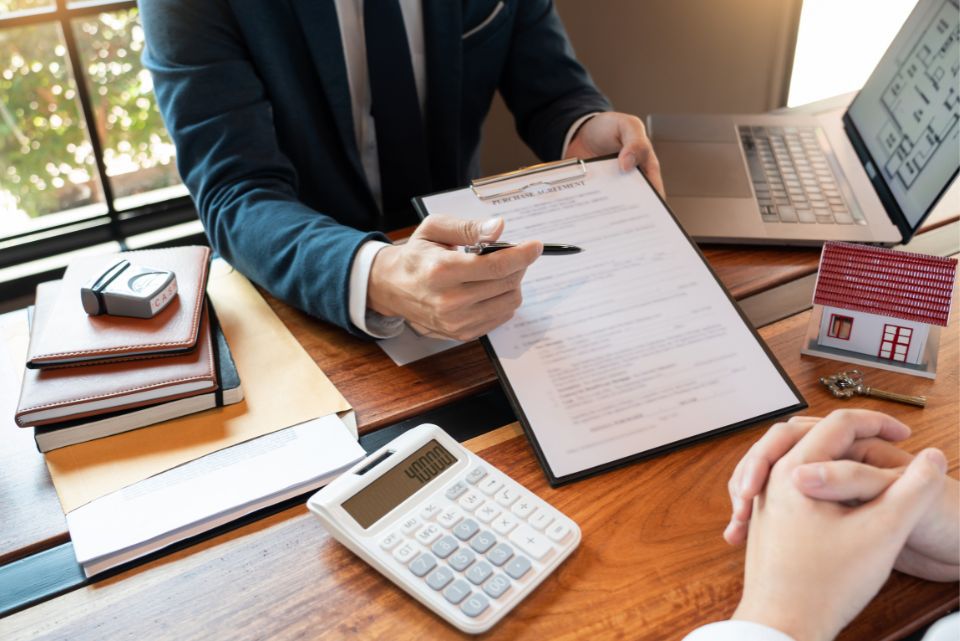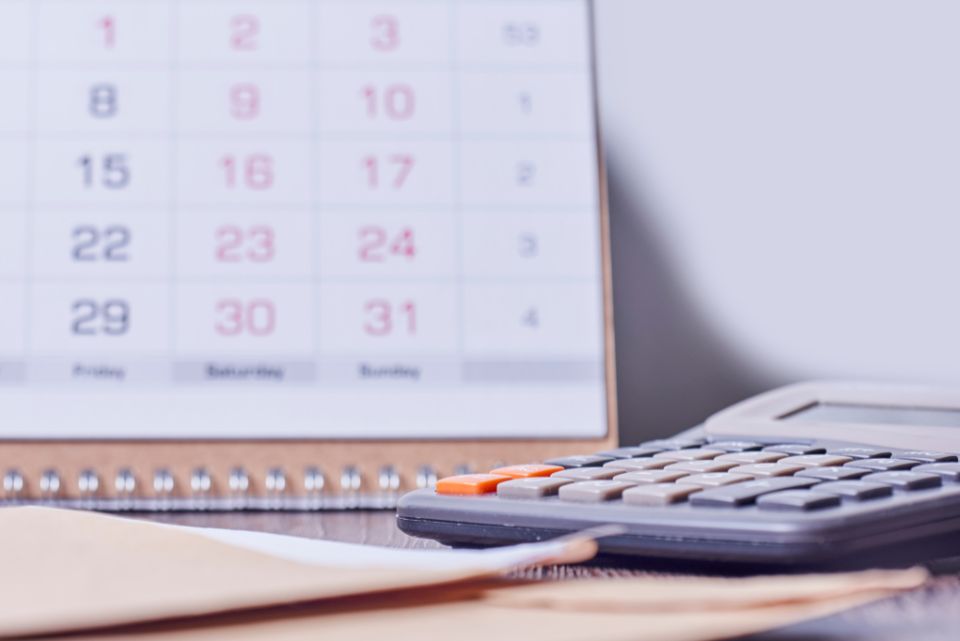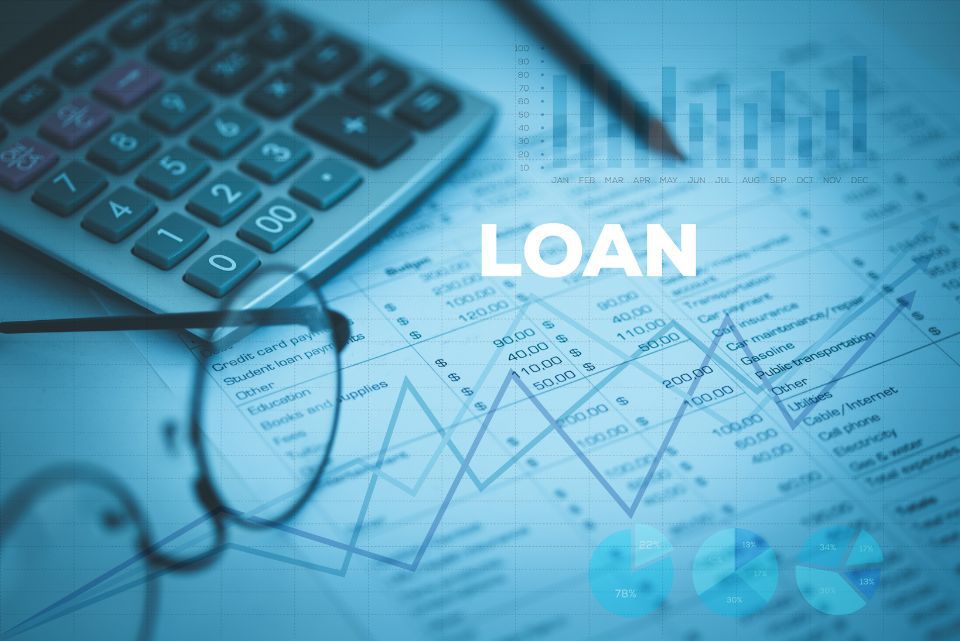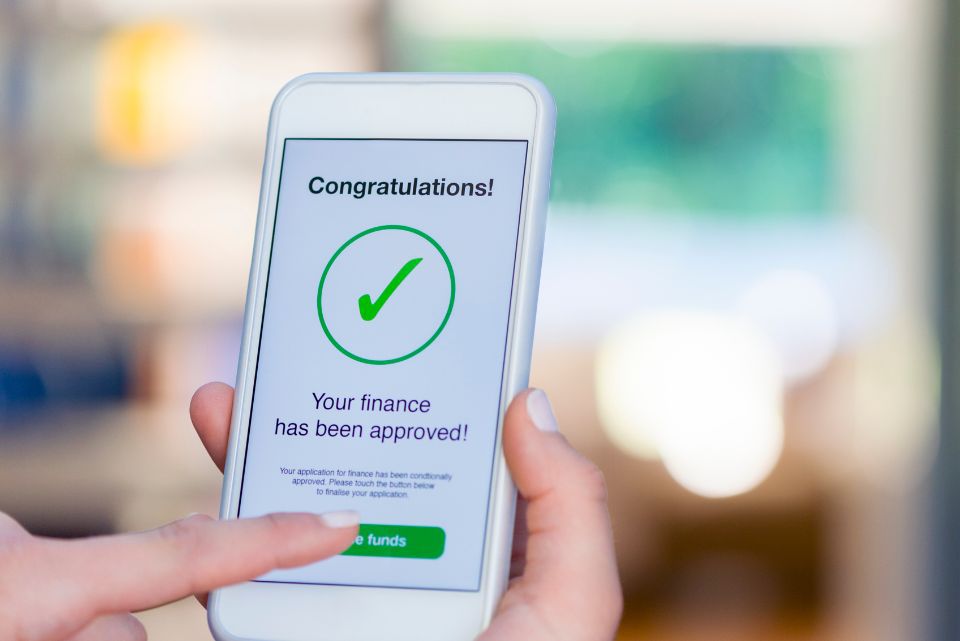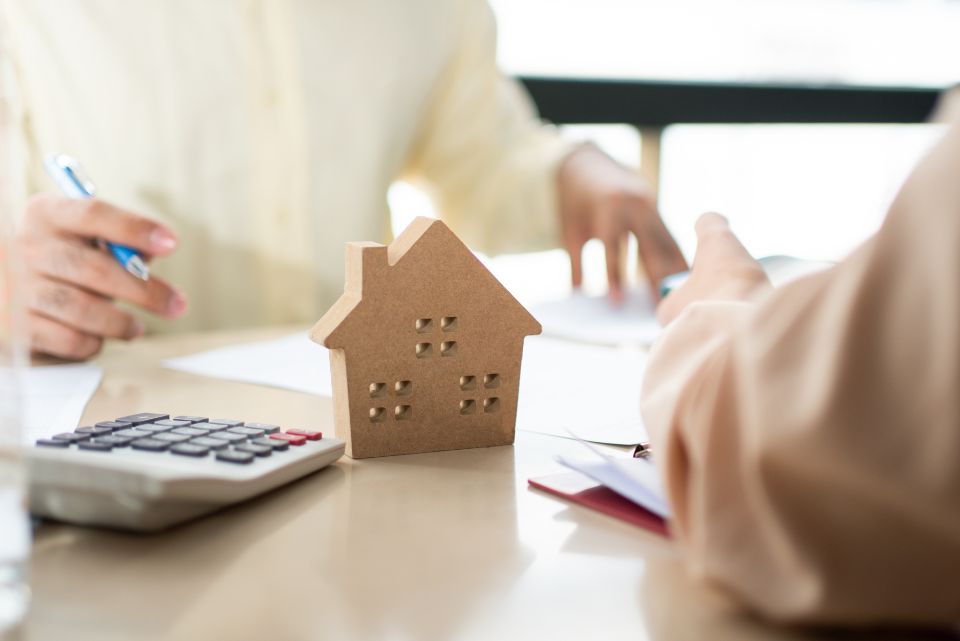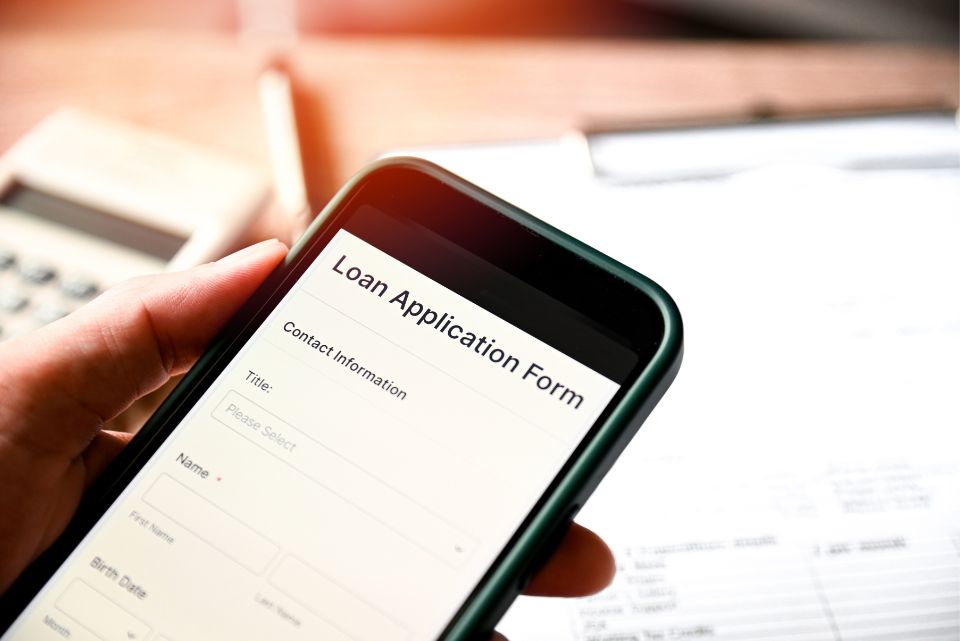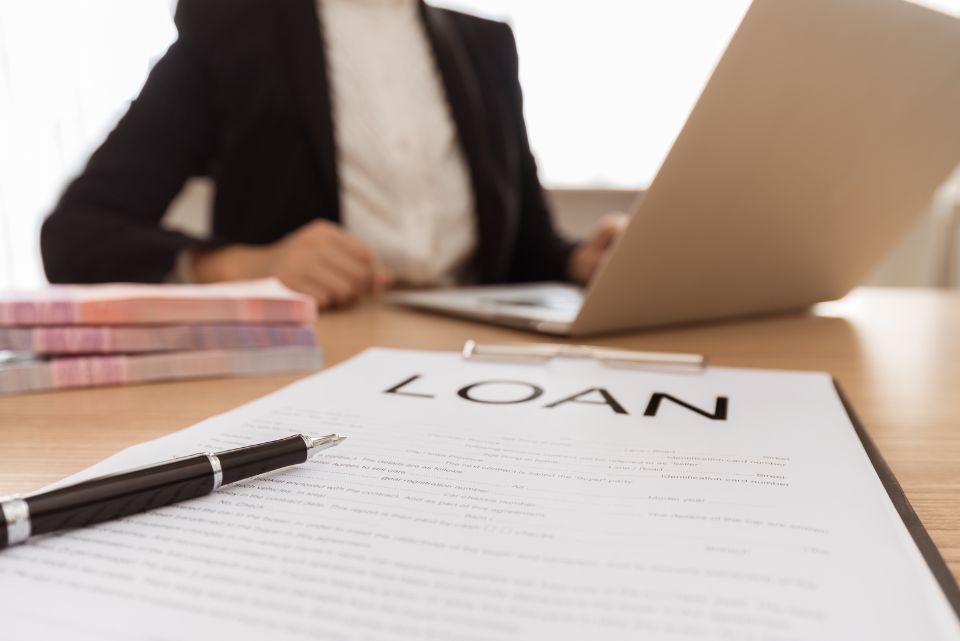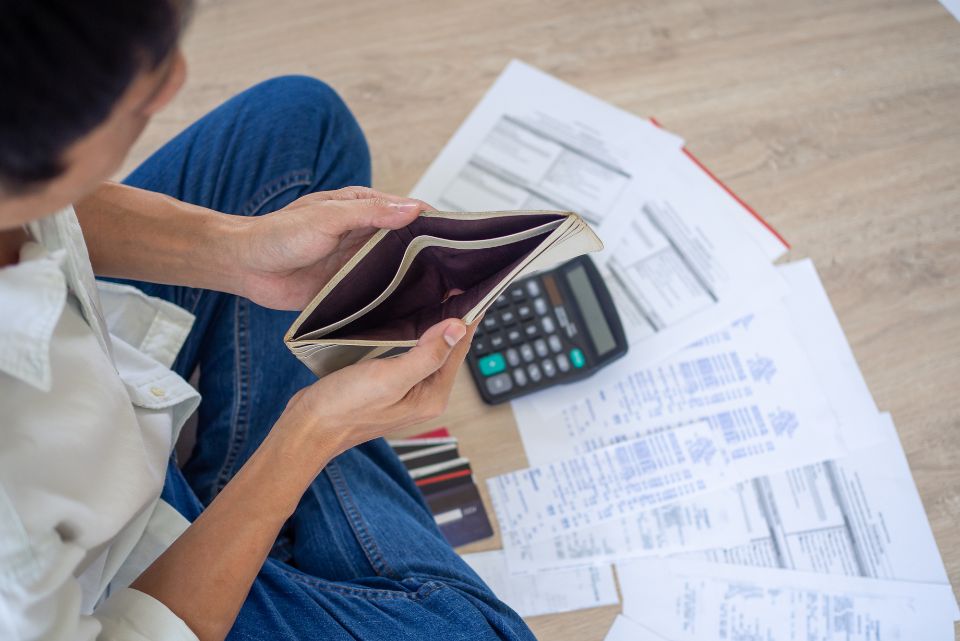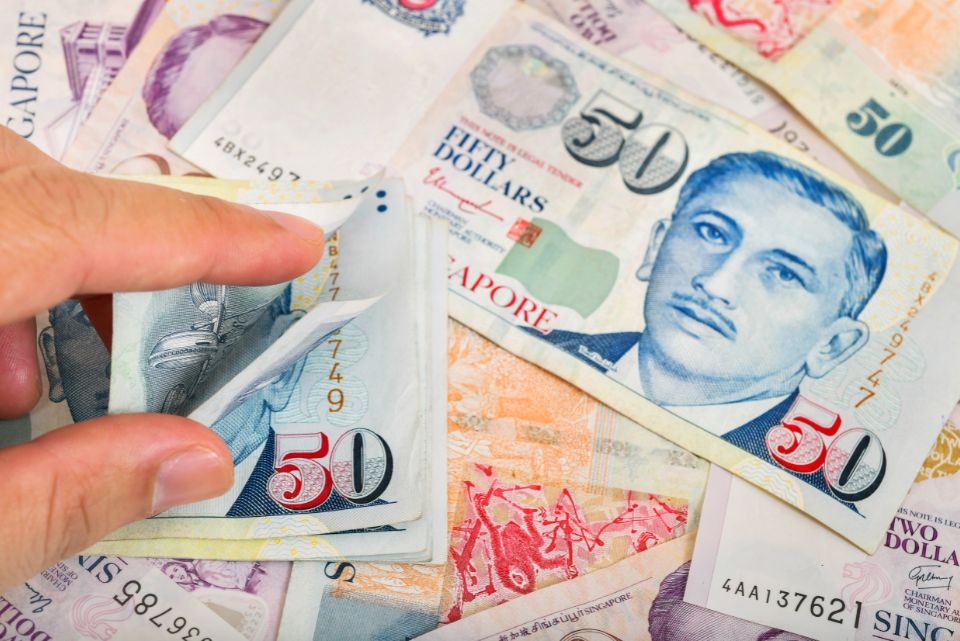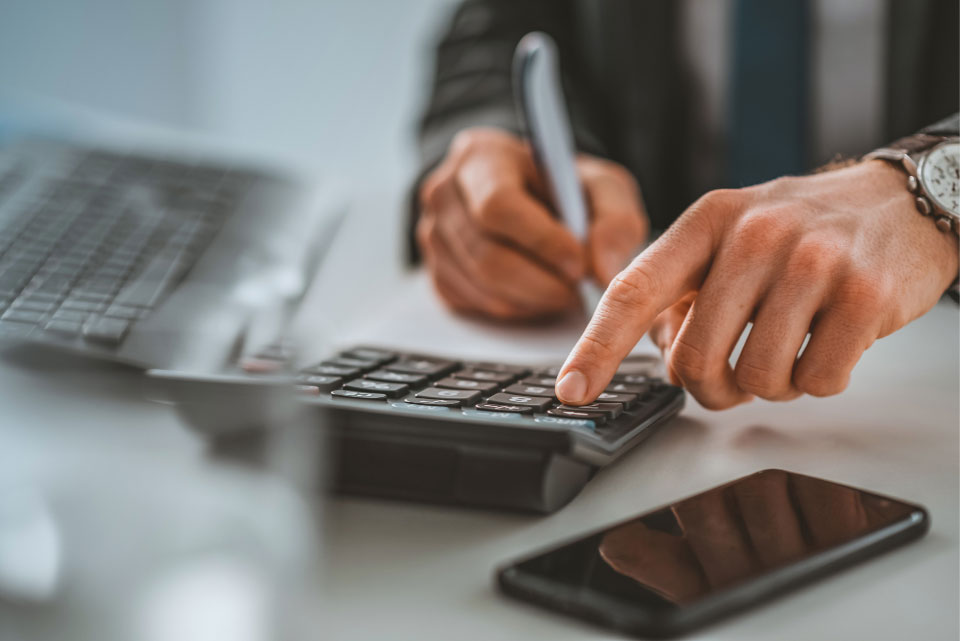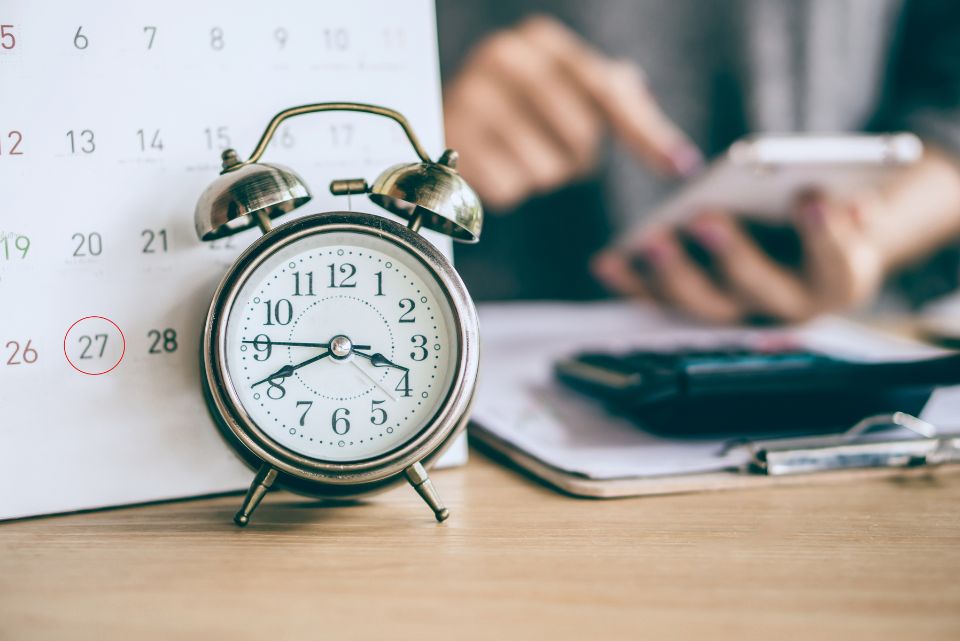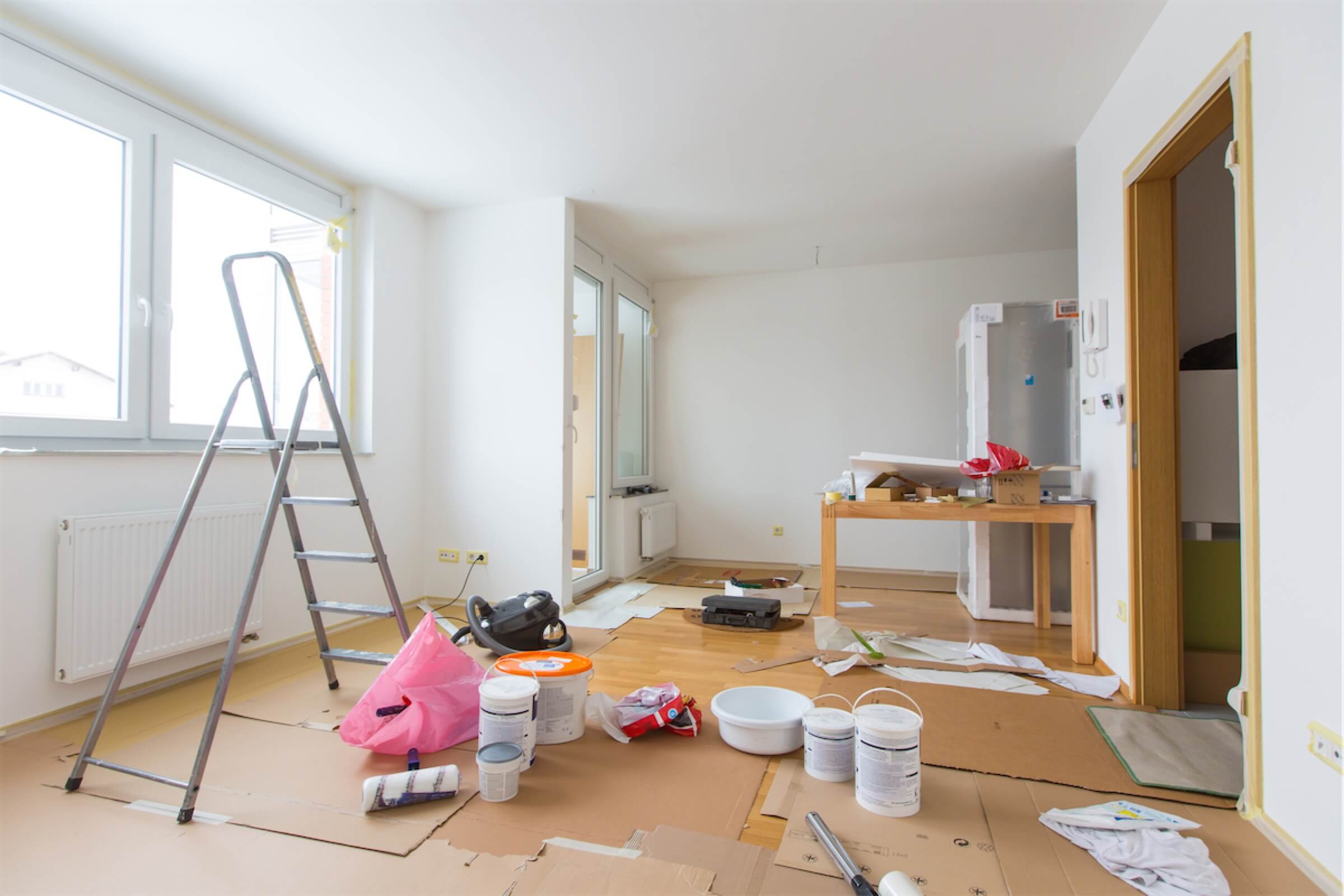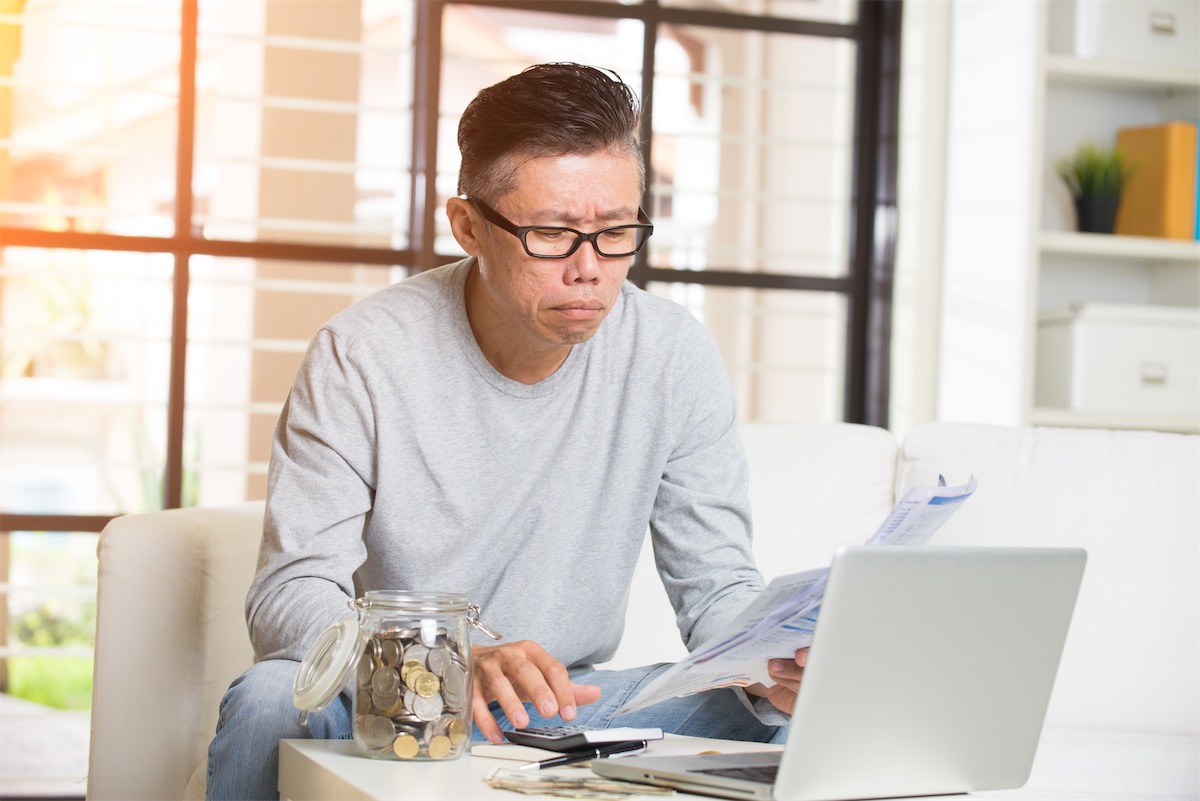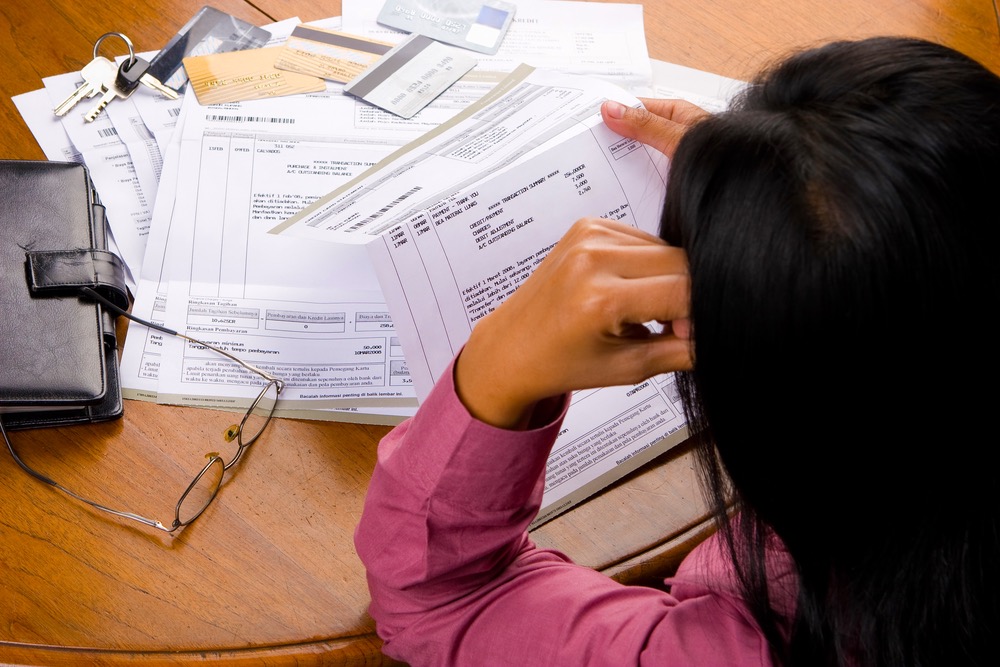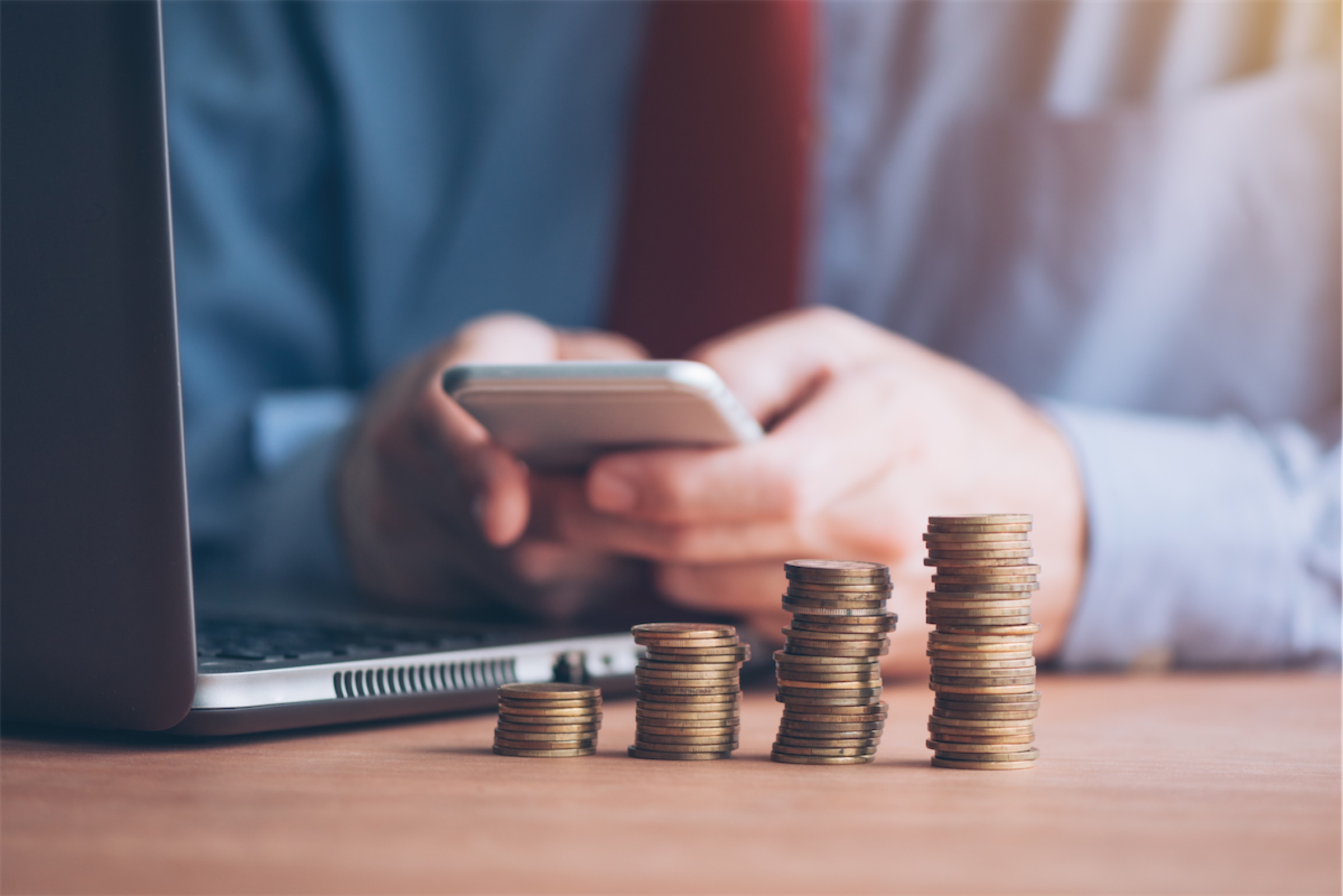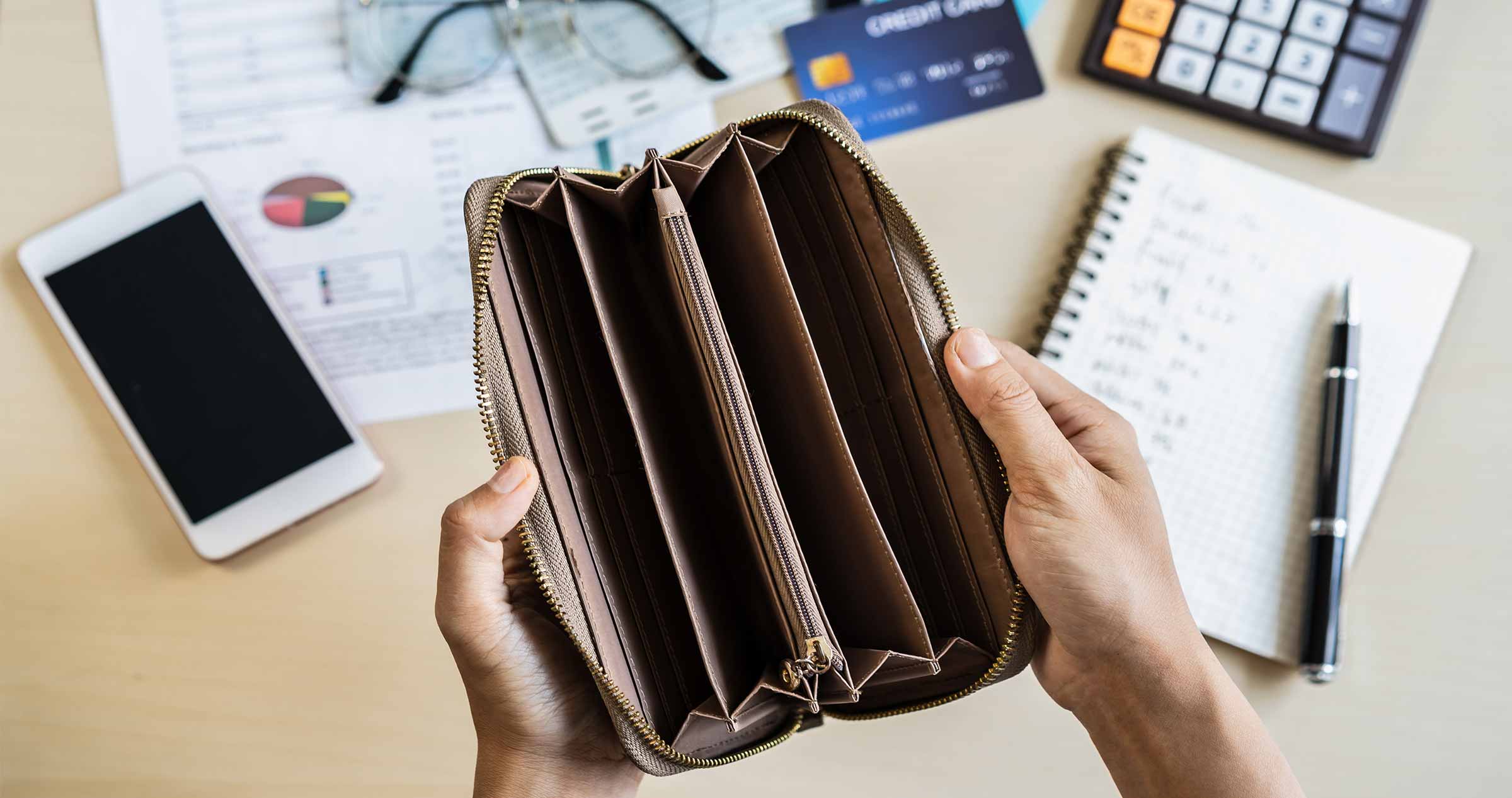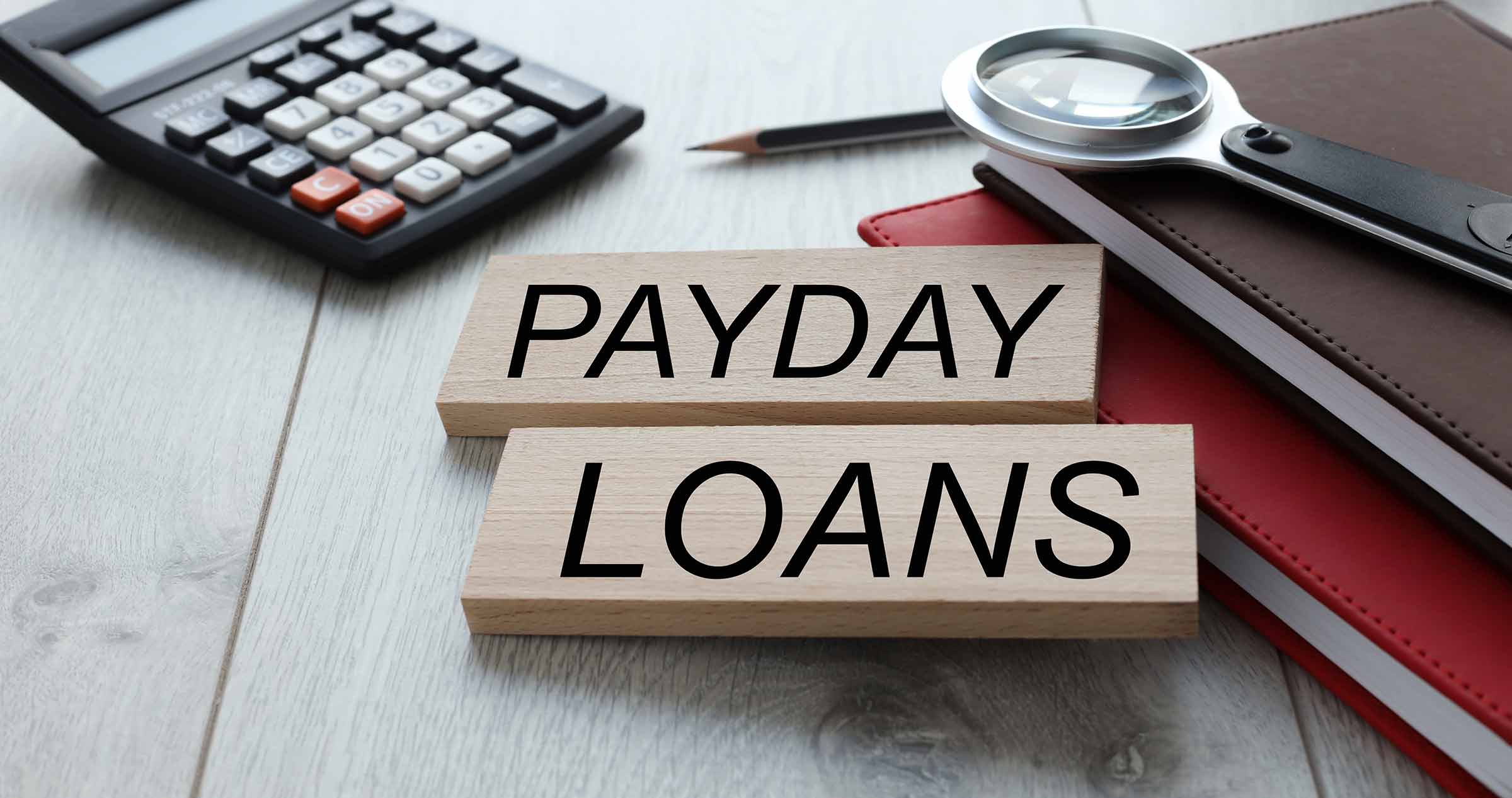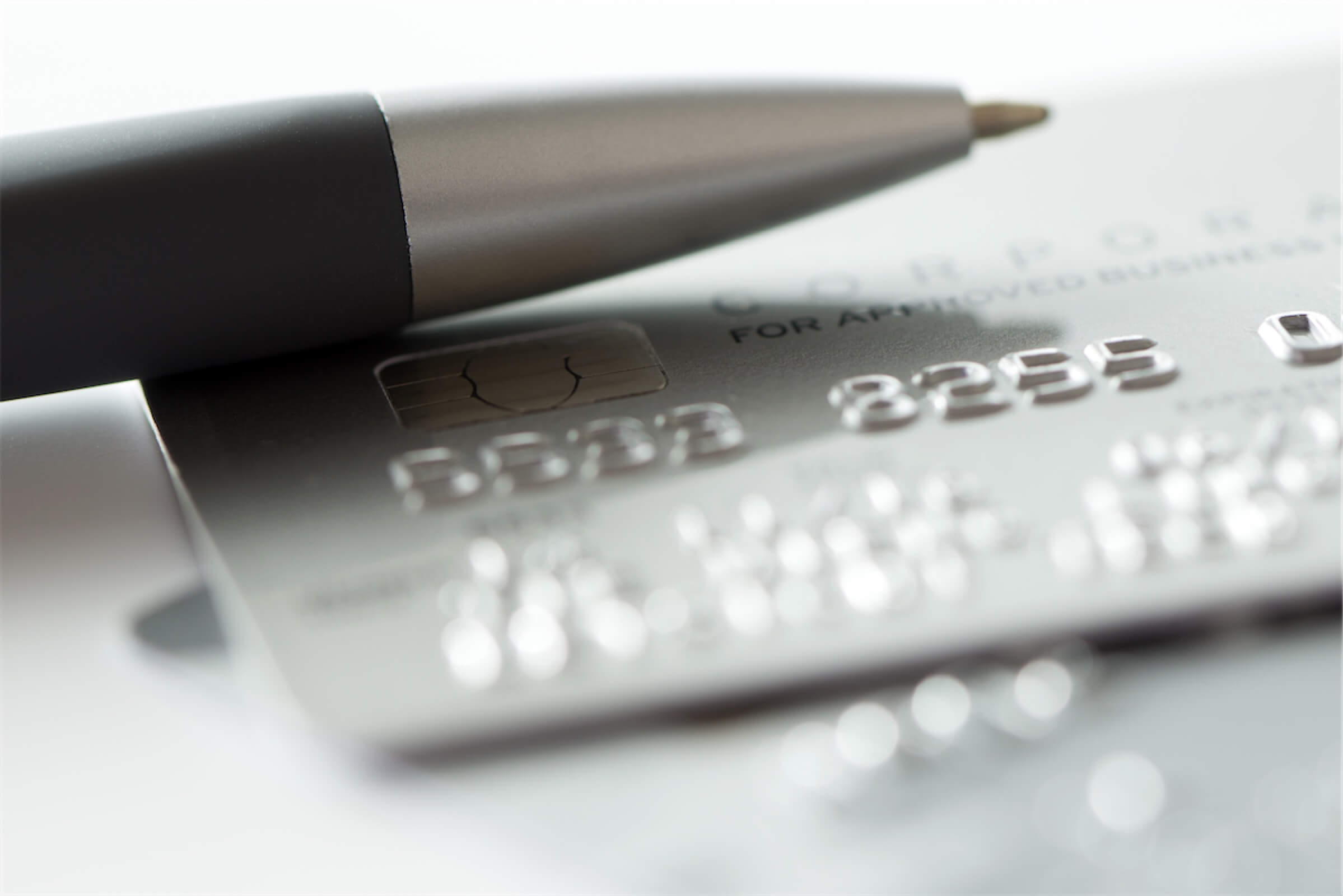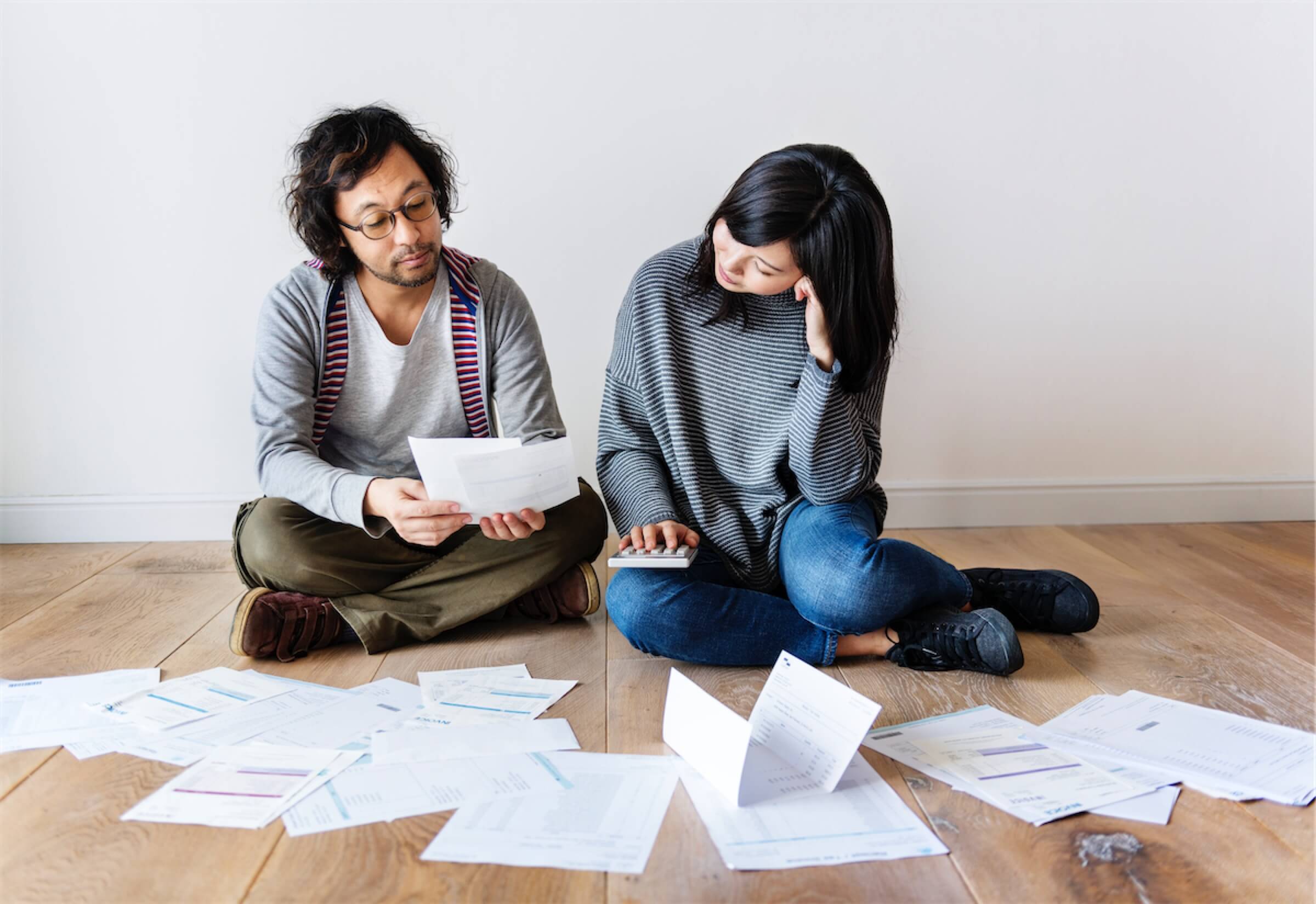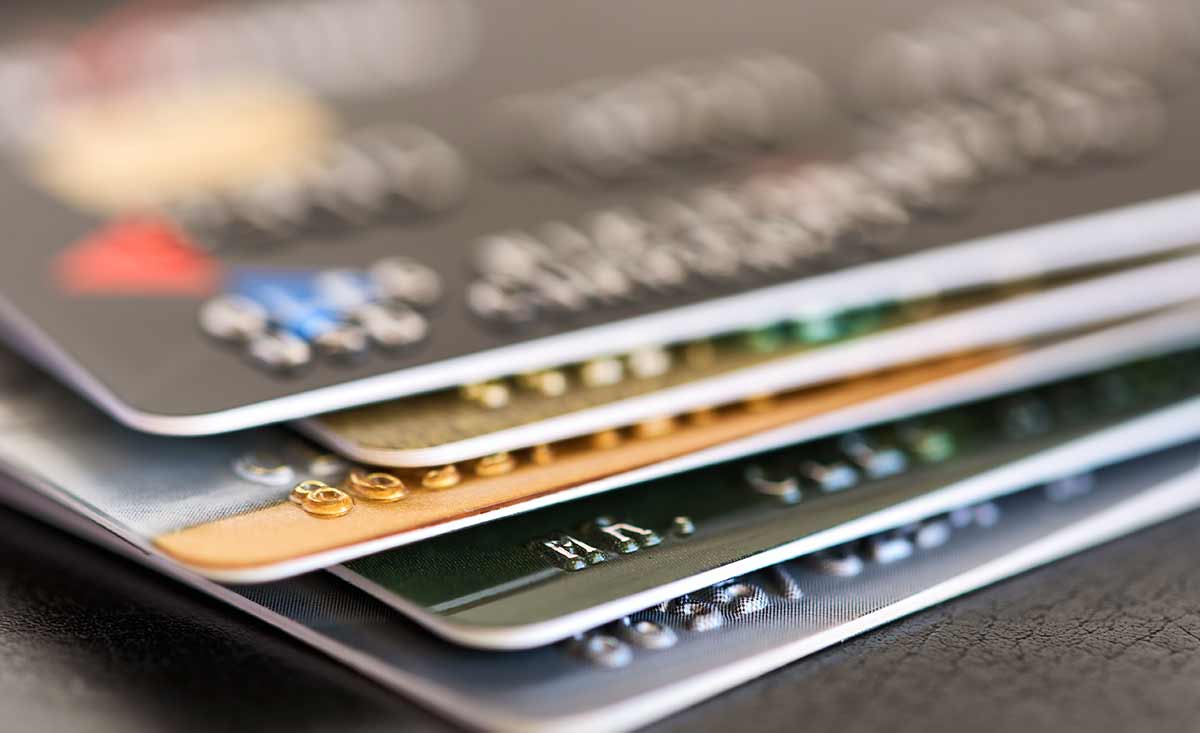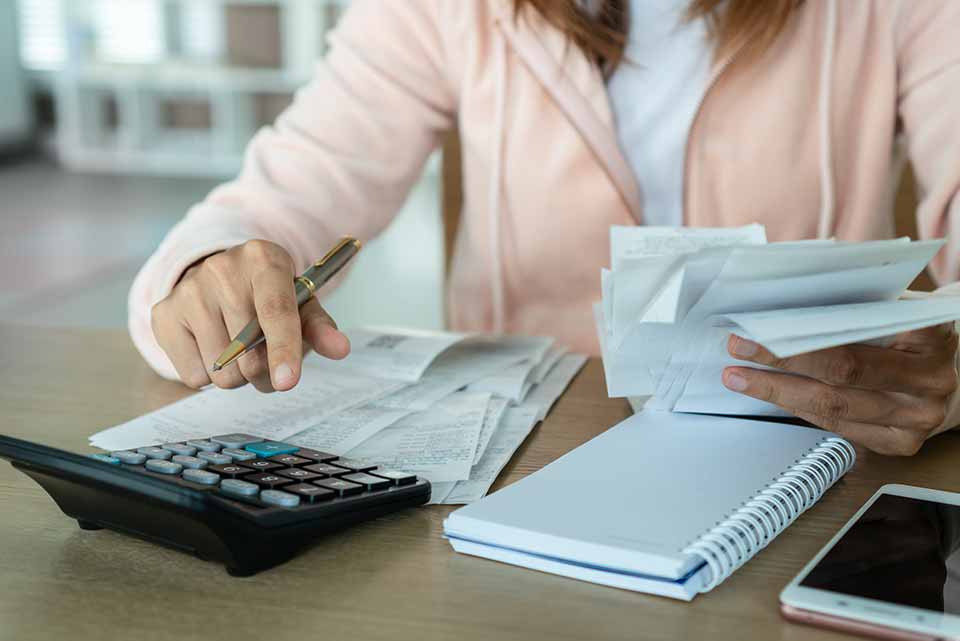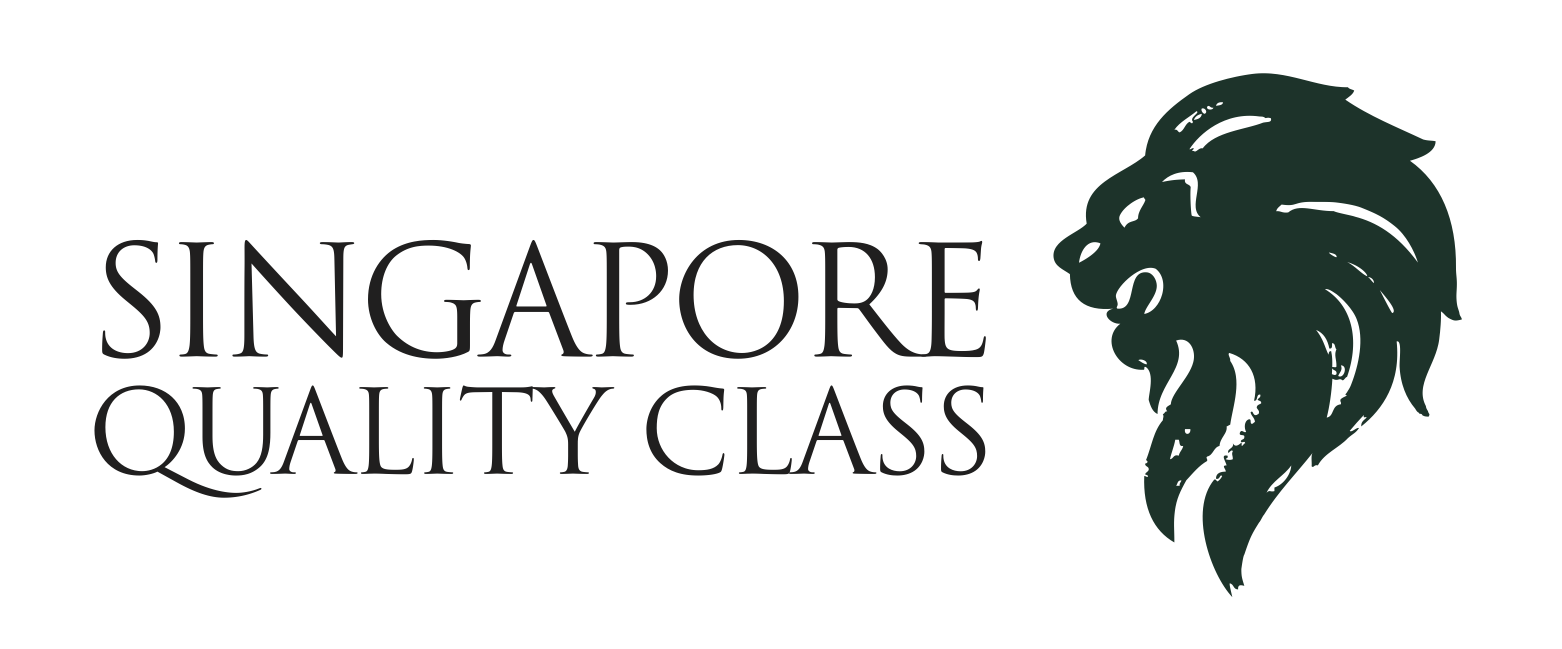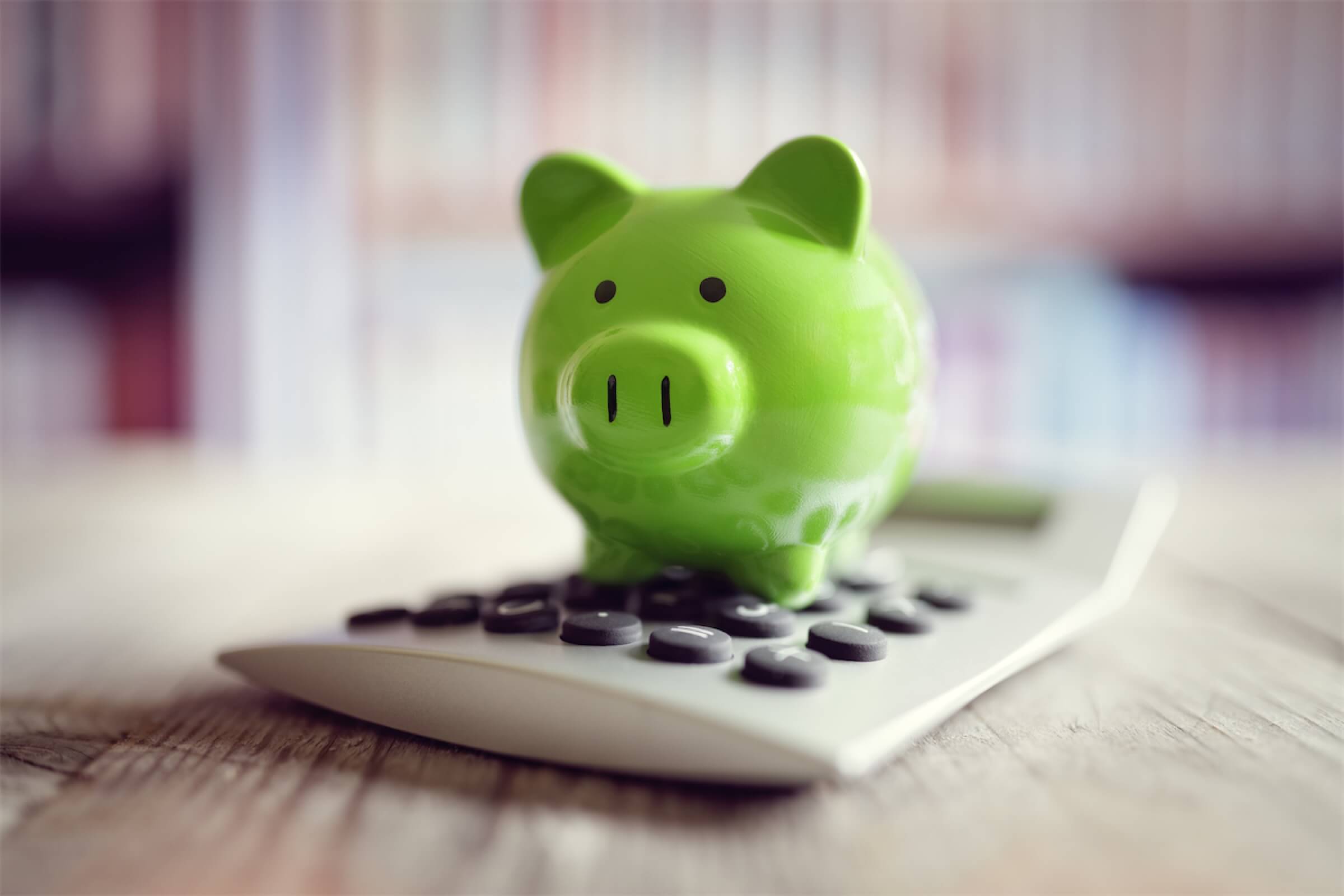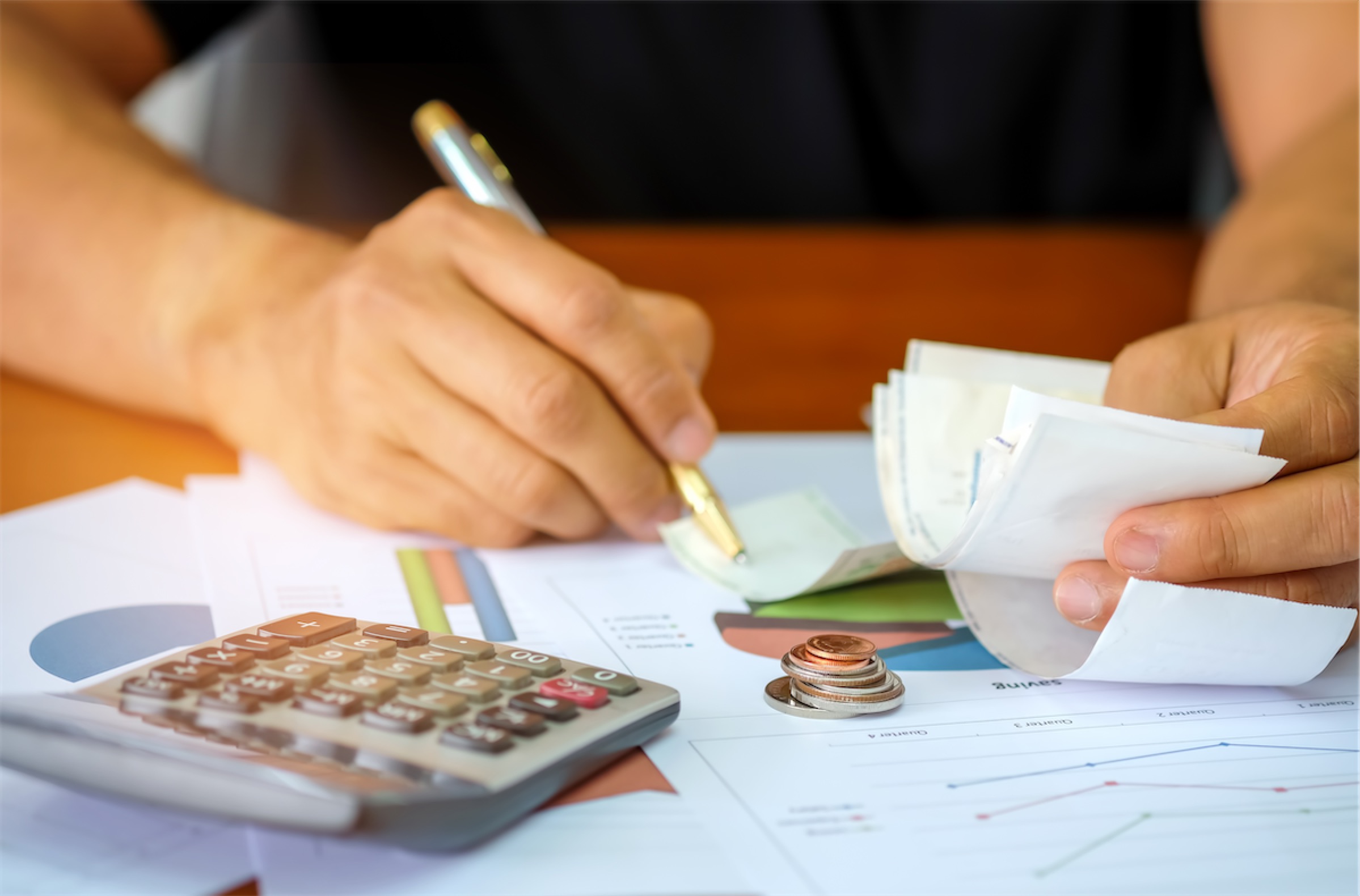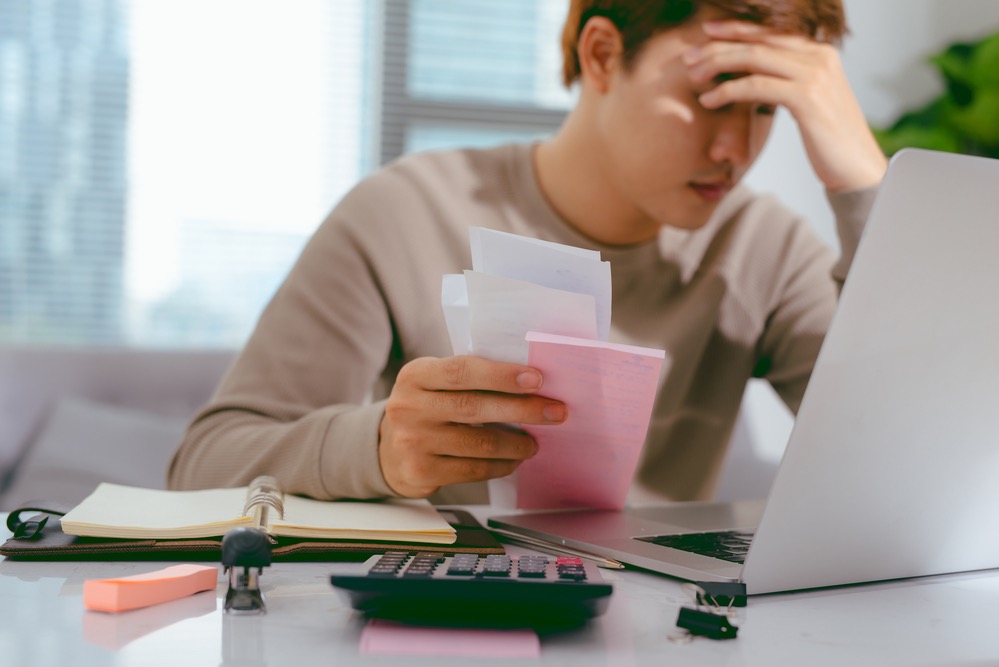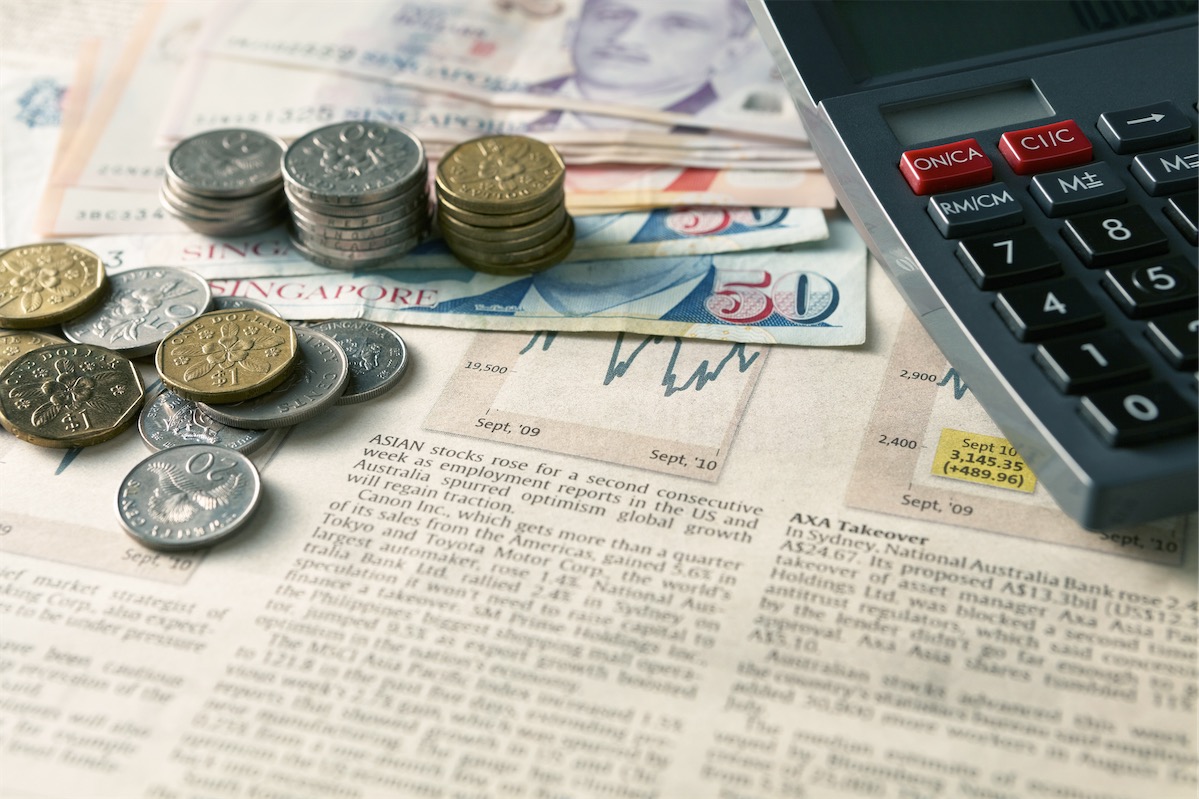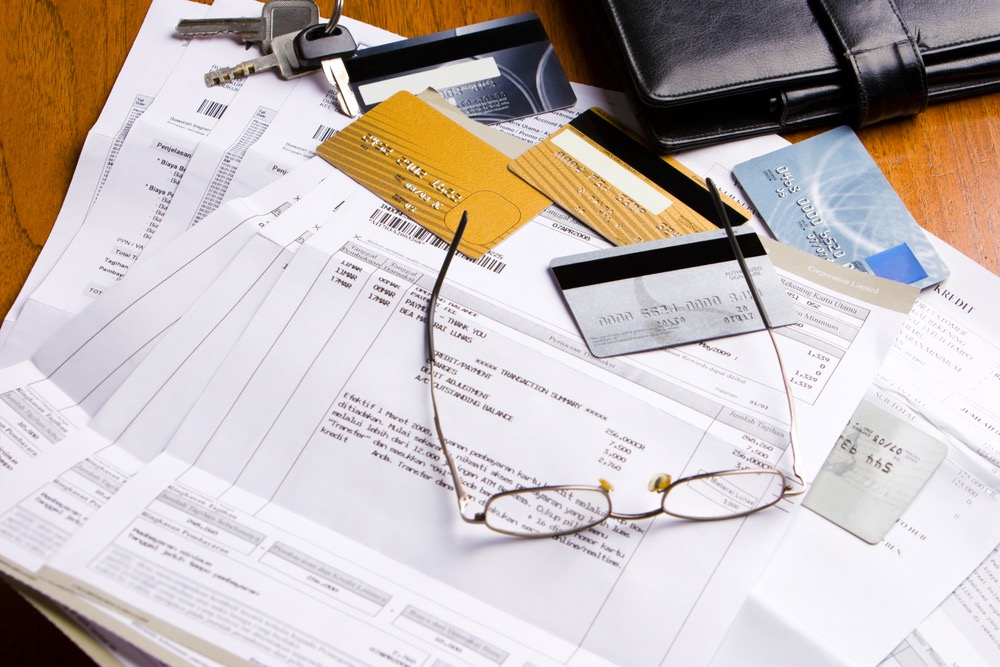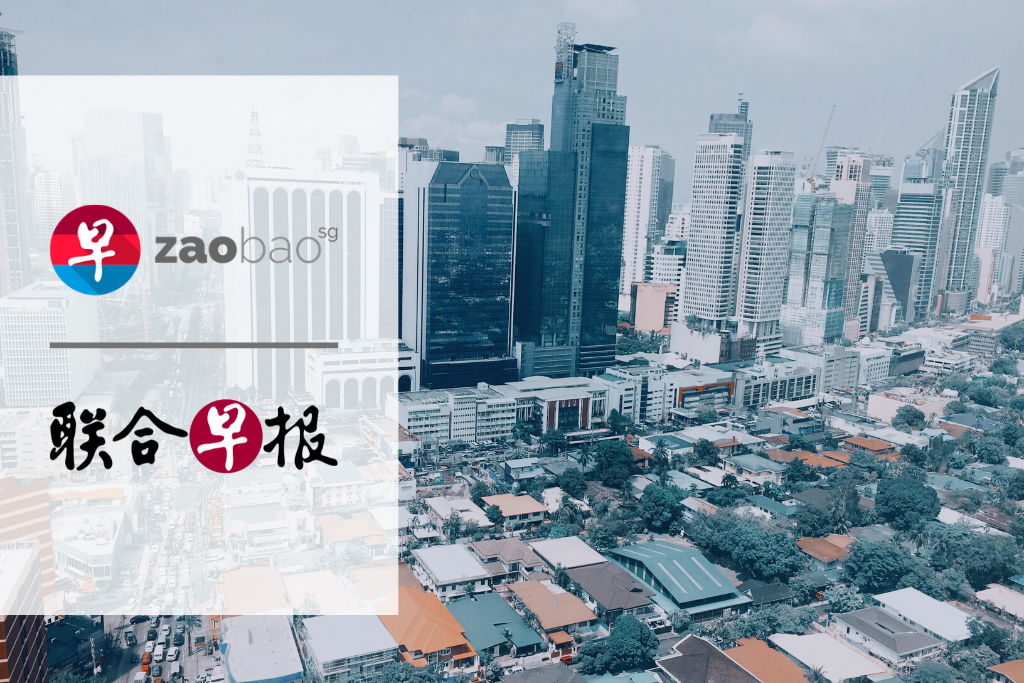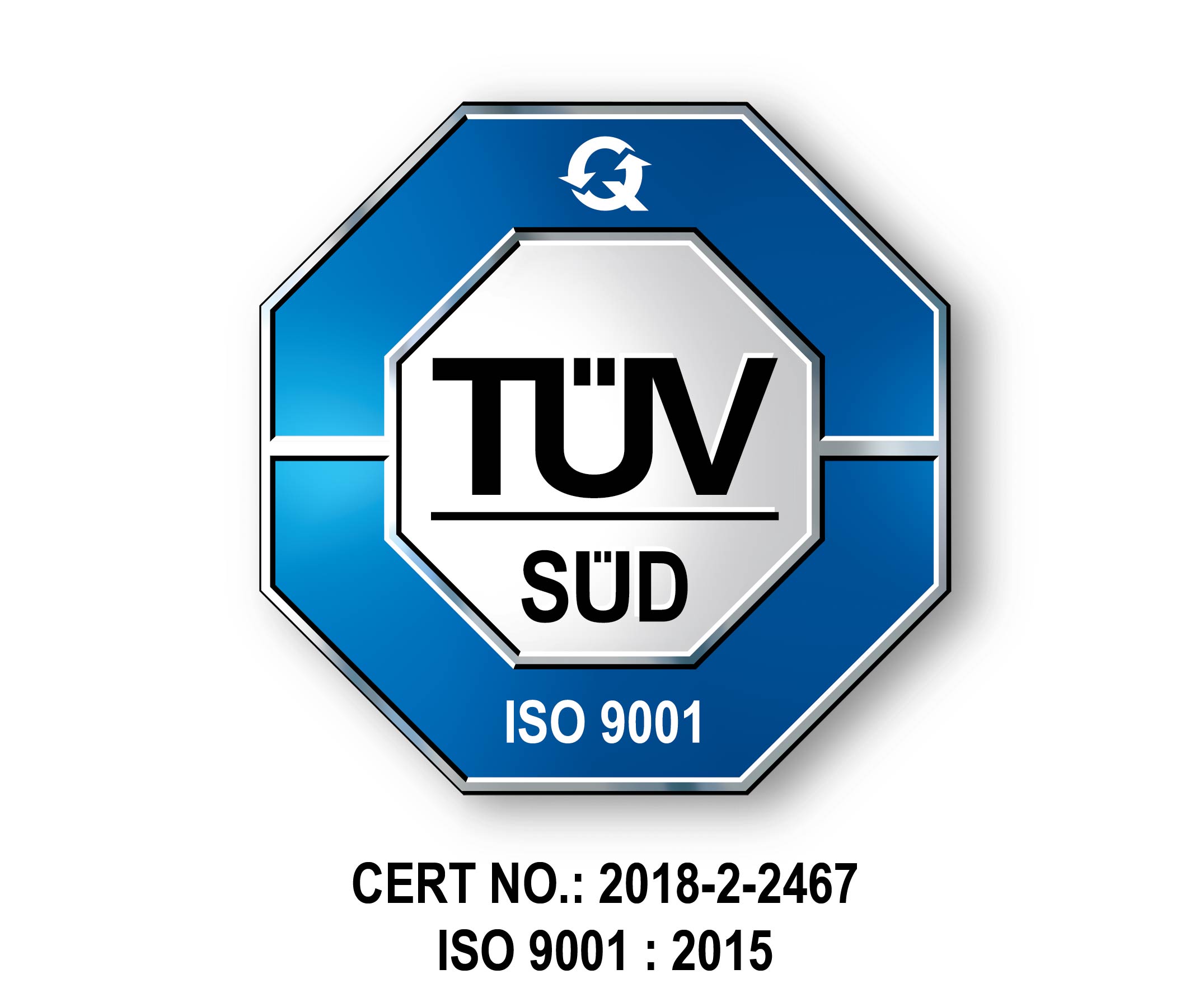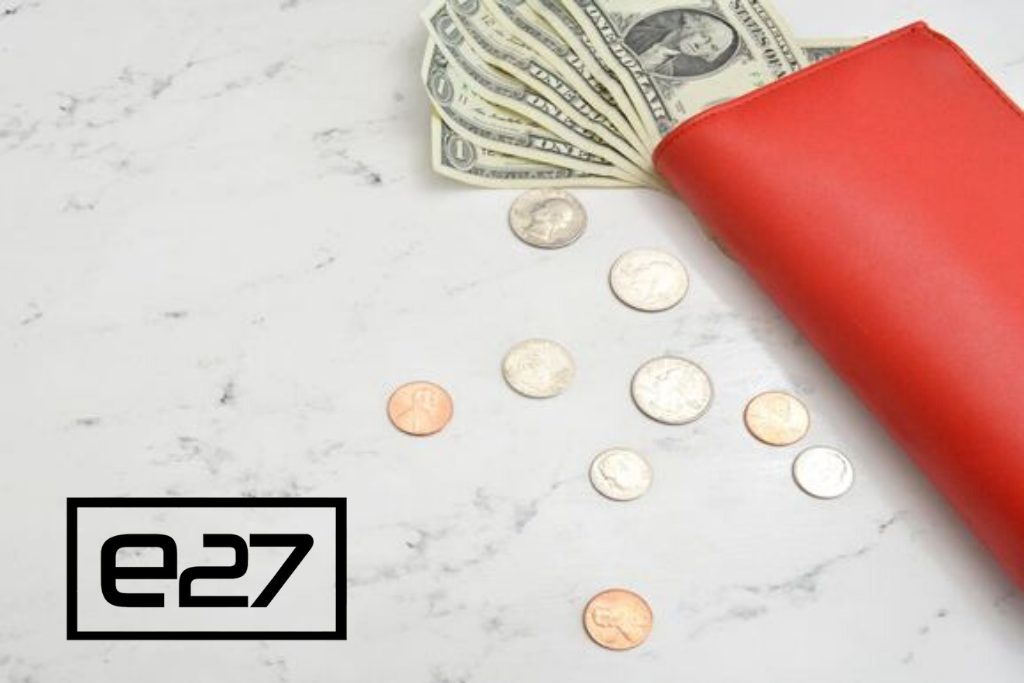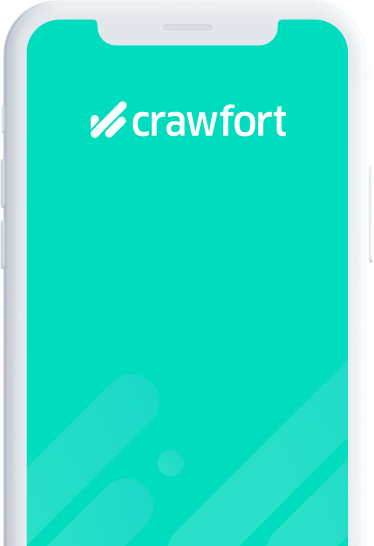
If you’ve used your CPF Ordinary Account (OA) to buy a home in Singapore, you’ll need to repay the withdrawn amount along with accrued interest when you sell the property. This accrued interest compounds annually at 2.5%. This guide will delve into the specifics of CPF accrued interest and present methods for effectively paying it down.
To understand how to pay off CPF accrued interest, let’s first learn what CPF is and accrued interest.
What Is CPF?
The Central Provident Fund (CPF) is Singapore’s mandatory savings scheme, providing a valuable pathway to homeownership while ensuring retirement and healthcare needs are met.
It helps Singaporeans build financial security by mandating regular contributions from both employees and employers. Here’s how the CPF supports your needs:
- Ordinary Account (OA). Use your OA funds to tackle housing expenses like down payments, mortgage instalments, insurance premiums, and even property maintenance.
- Special Account (SA). The SA is all about long-term financial stability. It’s designed for retirement savings and allows you to invest in approved financial instruments.
- Medisave Account (MA). The MA is your dedicated healthcare fund, covering medical insurance, hospitalisation costs, and approved outpatient treatments.
- Retirement Account (RA). When you turn 55, your OA and SA funds automatically merge into the Retirement Account, ensuring a consolidated foundation for your retirement years.
What Is CPF Accrued Interest?
When you finance your property purchase with your CPF Ordinary Account (OA) savings, you need to be aware of CPF accrued interest. This is essentially the interest you could have earned had you left those funds untouched in your CPF account.
Accrued interest is the interest your withdrawn CPF funds would have earned if left in your Ordinary Account (OA). It is calculated monthly and compounded yearly, based on the current CPF OA interest rate (currently 2.5%).
How to calculate CPF accrued interest?
Here’s the formula on how you can calculate CPF accrued interest:
Accrued Interest = Principal Amount x Interest Rate / 12 x Number of Months
Here’s an example of how to calculate accrued interest on CPF funds used for housing:
You withdrew S$80,000 from your CPF at an interest rate of 2.5% annually. You’ve owned the property for five years (60 months).
Calculation: (S$80,000) x (0.025 / 12) x (60) = S$10,000
When you sell the property, you must return the $80,000 principal plus the $10,000 accrued interest to your CPF account. This refund affects the amount available for retirement or future housing investments.
How to Check CPF Accrued Interest on CPF Portal
- Access the CPF Portal: Log in to the official CPF website
- Navigate to Your Statement: Select “My Statement” from the sidebar.
- Find Section C: Scroll to “Section C” to see how much CPF money you’ve used and your available balance.
- Review Accrued Interest: This section will clearly display the accrued interest on your CPF loan.
Understanding CPF Accrued Interest: How It Impacts HDB and Private Property Owners
The way you use your Central Provident Fund (CPF) savings for housing can have a significant impact on your finances, especially when it comes to accrued interest.
Let’s explore the key differences between HDB flat and private property ownership in Singapore:
1. Interest Rates: A Key Differentiator
- HDB Flats: Enjoy lower interest rates on CPF funds used, leading to slower accumulation of accrued interest over time.
- Private Property: CPF funds used for private property purchases accrue interest at a higher rate, potentially reducing the amount available for retirement or other financial goals.
2. CPF Usage: Flexibility vs. Restrictions
- HDB Flats: Offer more flexibility in using CPF funds for the down payment, monthly mortgage payments, and even renovation costs.
- Private Property: Have stricter regulations on how much of your CPF funds can be used.
3. Retirement Savings: The Long-Term Impact
- HDB Flats: Owners potentially preserve a larger portion of their CPF for retirement due to lower accrued interest rates.
- Private Property: Owners may see a significant portion of their retirement savings tied up in accrued interest, especially with multiple property purchases over time.
4. Property Resale: Accrued Interest Comes Due
- HDB Flats: Upon resale, accrued interest is capped, limiting the amount owners must pay back to their CPF accounts.
- Private Property: Owners must return the full amount of accrued interest, impacting their net proceeds from the sale.
Other Ways CPF Accrued Interest Affect Property Owners
- Diminished Retirement Savings: Using CPF for property means less money compounding for retirement. Accrued interest further reduces available funds.
- Higher Total Housing Cost: Accrued interest becomes part of the overall cost of your property.
- Investment Returns: When calculating property investment profits, you must factor in accrued interest alongside the property’s appreciation.
- Financial Strain: Paying back large amounts of accrued interest can be a burden, especially if you don’t sell your property at a high enough price.
- Reduced Flexibility: Accrued interest can make you less likely to use your CPF savings for fear of impacting your retirement funds.
Real-World Scenarios: The Impact of Accrued Interest
To illustrate these concepts, consider these examples:
- Upgrading Before 55. A young couple sells their HDB flat to buy a larger home. They discover their sale proceeds don’t cover the initial CPF used plus accrued interest, resulting in little profit.
- Upgrading After 55. An older couple, now financially stronger, sells their HDB flat. Though they face accrued interest, their income growth allows them to comfortably purchase the next property.
- Divorce and Unequal Split. A divorcing couple faces an uneven division of sale proceeds due to CPF contributions and accrued interest. This highlights how accrued interest can complicate asset division.
- The First-Time Buyer. A young person debates using their CPF for a property down payment, weighing it against the potential opportunity cost of lost interest growth in their CPF account.
How To Pay Off CPF Accrued Interest?
When you use your CPF funds to buy a house, the amount withdrawn (plus interest) must eventually be returned to your CPF account. Accrued interest is the amount your money would have earned if left untouched in your CPF. Here’s how to repay it:
- Cash Payment: Pay directly to the CPF Board.
- Sale of Property: Interest is deducted before you receive sales proceeds.
- CPF Savings: Use your existing CPF OA funds, if you meet the requirements.
Why Pay Back Accrued Interest?
It’s an investment in your own retirement. Paying back accrued interest grows your retirement nest egg faster.
Moreover, CPF accrued interest can significantly impact your retirement savings. When you sell your property, the accrued interest reduces the amount you can withdraw from your CPF, leaving you with less for your later years.
What If Sales Proceeds After Selling Your Home Cannot Meet The Refund Amount?
If you sell your property below market value, and the total CPF refund you owe (including accrued interest) is higher than the cash proceeds you receive from the sale, you are obligated to refund the entire amount of CPF savings used for the purchase. This may require you to:
- Pay additional cash to cover the remaining refund amount
- Refund any option money received from the buyer as it is considered part of the selling price.
However, if you sell your property at or above its fair market value, you are still required to refund the CPF you used, plus accrued interest. However, if your cash proceeds don’t completely cover this refund, you are not obligated to top up the difference in cash. You would only be responsible for partially topping up any shortfall.
How To Calculate The Sales Proceeds From Your Property?
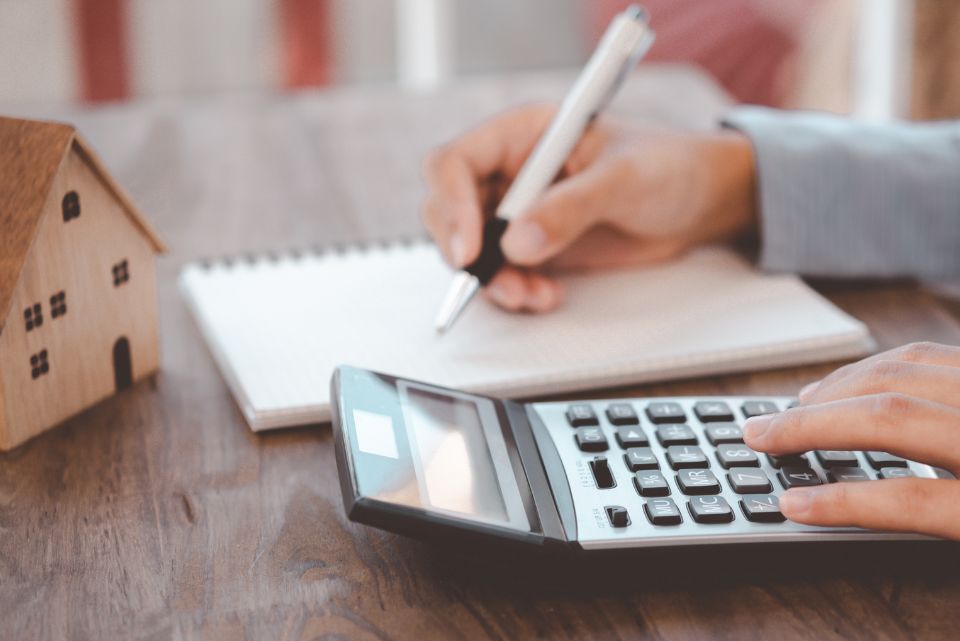
When selling your home, it’s crucial to determine how much money you’ll receive after paying off debts and fees. Accrued interest on money borrowed from your Central Provident Fund (CPF) is one significant factor. Here’s how to calculate everything:
Manual Calculation
- Gather Information:
- Your current home loan balance.
- The total CPF amount used for the property purchase (principal).
- Your accrued CPF interest (found on your CPF Home Ownership dashboard).
- Estimated agent and legal fees.
- Perform the Calculation: Subtract the outstanding loan balance, CPF principal, accrued interest, and additional costs from the expected selling price. This will give you a rough idea of your net sales proceeds.
HDB Sales Proceeds Calculator
If you own an HDB flat, use HDB’s dedicated calculator for the most precise result.
The manual calculation provides an estimate. For the most accurate figures, use the official online calculator by HDB.
How To Avoid Or Reduce Accrued Interest In CPF?
When buying property in Singapore, it’s inevitable that you’ll incur CPF accrued interest if you use your CPF Ordinary Account (OA) funds. However, there are intelligent strategies you can employ to reduce the amount you’ll eventually have to repay, ensuring more cash in hand after the sale.
Here are the key strategies:
1. Enhance Retirement Savings by Shifting CPF OA Funds to Your SA
One powerful tactic is moving your CPF OA funds to your Special Account (SA). The SA earns a higher interest rate (currently 4%), leading to faster growth of your retirement nest egg. While this move is irreversible, consider the long-term benefits.
For example, if you use $100,000 from your OA for housing, you’ll accrue around $12,500 in interest over five years. Transfer that same amount to your SA, and you could earn $20,200 in interest instead.
2. Refinancing for Lower Interest Rates
If you started with an HDB loan, refinancing to a bank loan with a lower rate can significantly cut costs.
Additionally, if you can switch some of your housing payments from CPF to cash, you’ll preserve even more of your valuable retirement funds.
HDB loans allow you to pay extra in cash, shorten your loan tenure, or reduce instalments on your current loan without incurring penalties.
Discover also about CPF Personal Loan.
3. The Power of Cash Payments
Whenever possible, paying your housing loan instalments in cash offers a major advantage. Since your principal amount stays untouched, no interest accrues on that portion. This safeguards your CPF savings for retirement or other crucial needs.
4. Voluntary Housing Refunds
Making voluntary cash refunds to your CPF account (either full or partial) effectively decreases the overall accrued interest. This lowers what you’ll owe when you sell the property and helps secure your retirement funds.
5. Partial Refunds for Flexibility
If a full refund isn’t feasible right now, partial refunds are a great way to slow the growth of your accrued interest. Pay off a portion of the principal or cover the principal without the accrued interest
6. Optimise Your CPF Usage
To truly gain an advantage in managing accrued interest, consider these detailed tactics within the broader strategy of optimising how you tap into your CPF funds:
Pay Down Early: The Power of Reducing Your Principal
Even small, additional payments towards your principal go a long way. Every dollar you pay above your regular instalment directly reduces the amount on which interest is calculated.
Look for opportunities to make lump sum payments when you have extra funds (bonuses, tax refunds, etc.). This has a significant impact over the life of your loan.
Use More Cash: Freeing Up Your CPF
- Down Payments: If possible, consider making a larger down payment in cash. This instantly reduces the loan amount and the overall interest you’ll pay.
- Monthly Instalments: Can you comfortably switch a portion of your monthly housing payments to cash? Even a small amount preserves more of your CPF savings.
- Renovation & Maintenance: When it comes to home improvements, prioritise cash payments to protect your CPF funds. Remember, money kept in your CPF continues to earn interest, bolstering your retirement resources.
7. Property Upgrades – A Calculated Approach
If you’re planning to upgrade, minimising the time between selling your current property and buying a new one reduces the window for accrued interest to build up.
Be careful not to overstretch yourself financially by trying to time the market or buying properties purely for investment – these moves can backfire and lead to even greater accrued interest.
The Bottom Line
Buying a home in Singapore is a big step – it impacts your retirement savings too. That’s because when you use your CPF funds to buy property, you also start building up what’s called “accrued interest.” This can be a little tricky to understand, so it’s important to know how it works before taking the plunge into homeownership.
Think of accrued interest as a hidden cost. It can affect your retirement funds and even how much your monthly mortgage payments are. But don’t stress yourself – there are ways to manage it. Whether you pay it off gradually or in one go depends on your own financial situation.
To reduce or avoid accrued interest, it’s essential to plan ahead. Factor in this accrued interest when you’re thinking about selling your property.
Moreover, don’t just settle for the first mortgage offer you find. Shop around with different banks to get the absolute best possible deal. With a little planning, you can be a happy homeowner and set yourself up for a comfortable retirement.
Discover also if you can take home loan after personal loan in Singapore?




